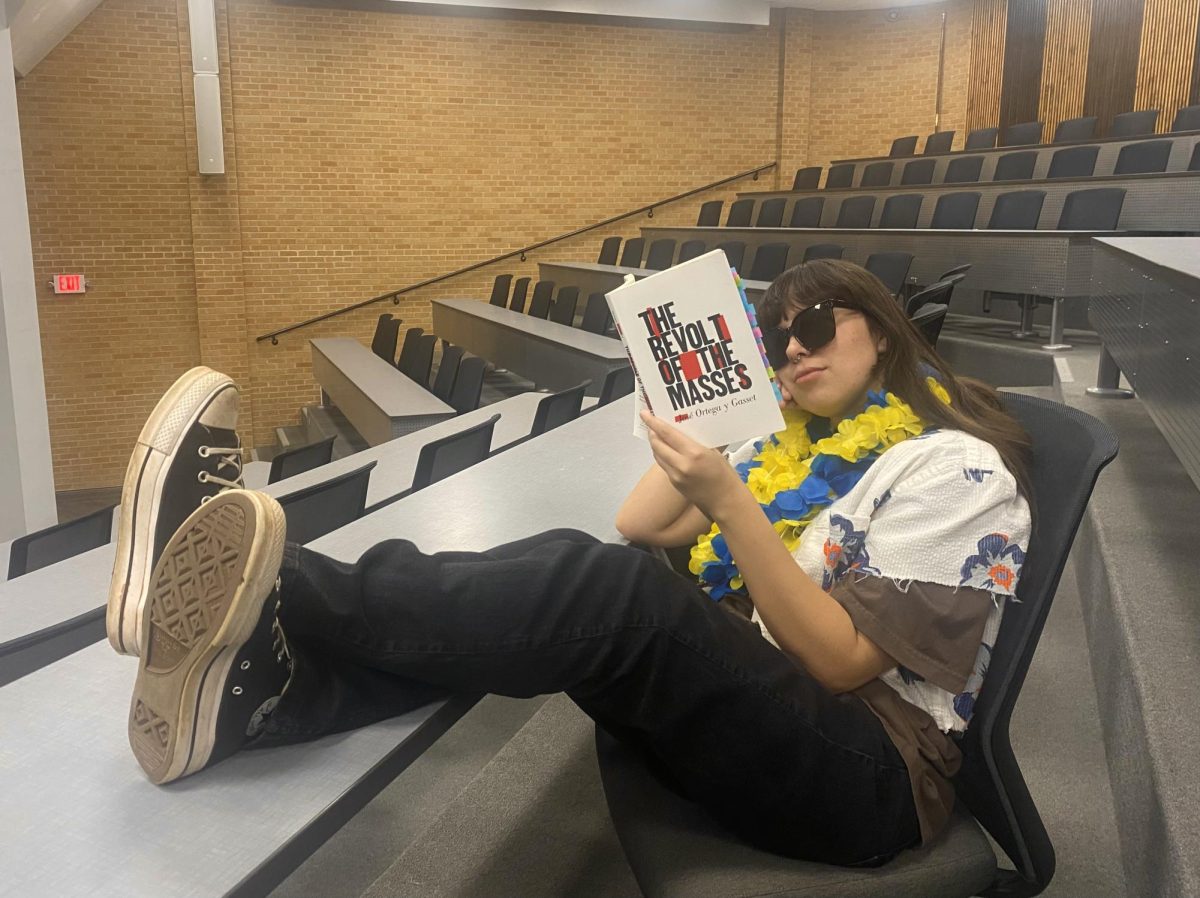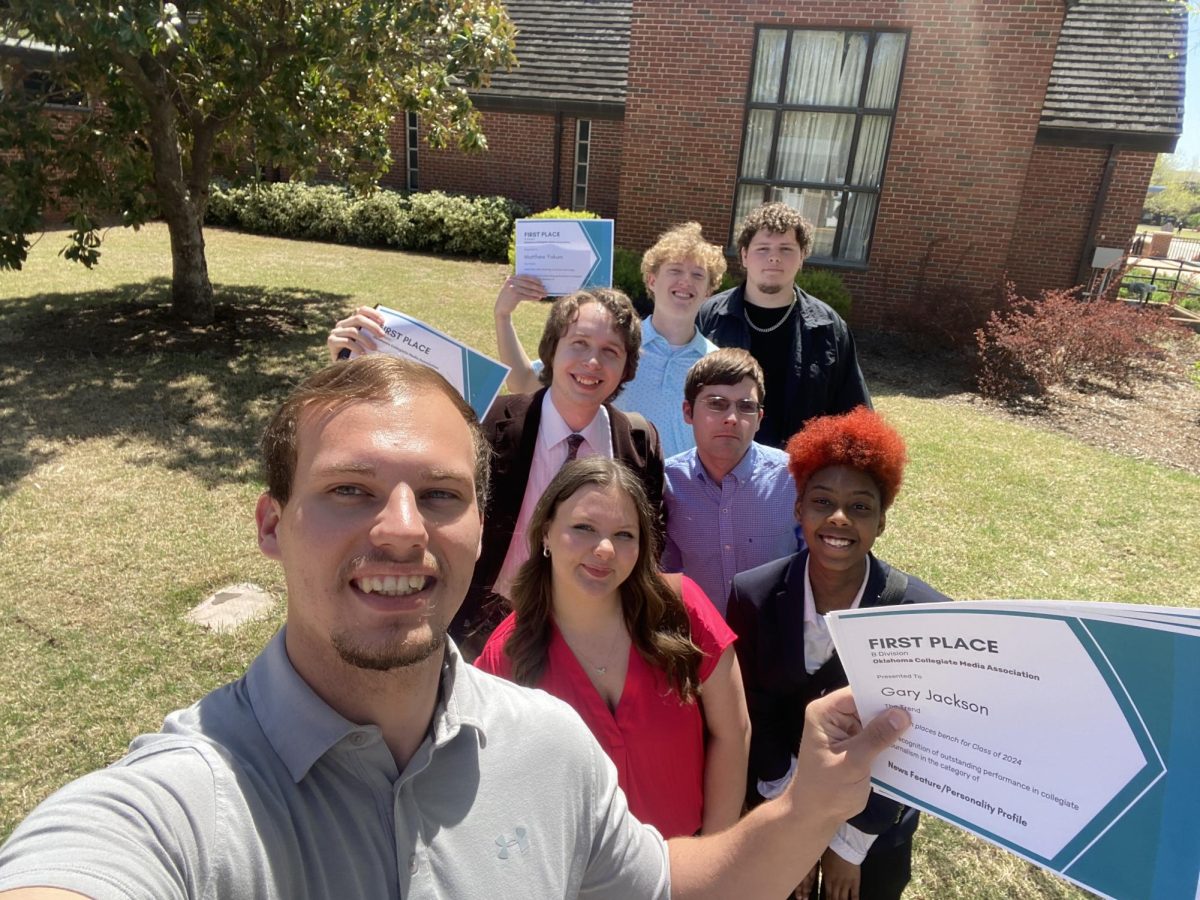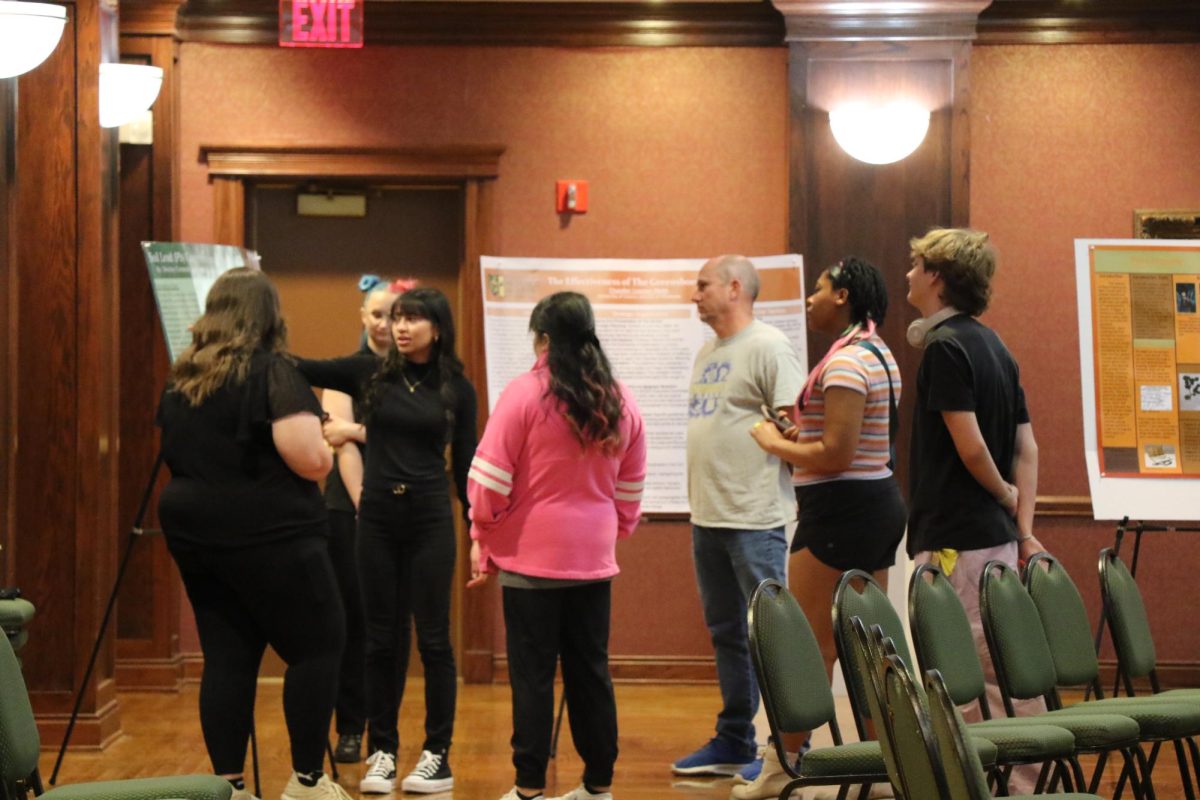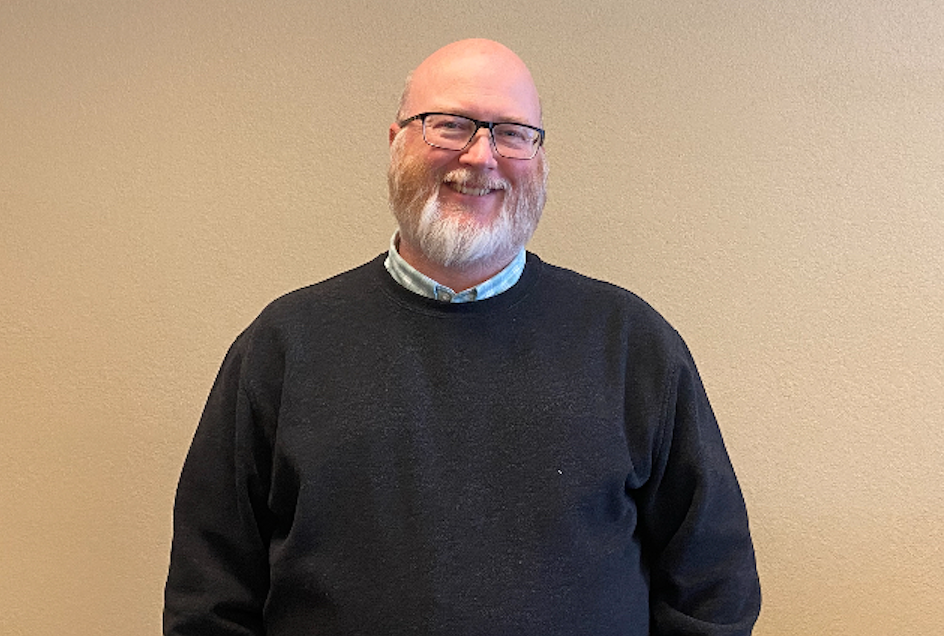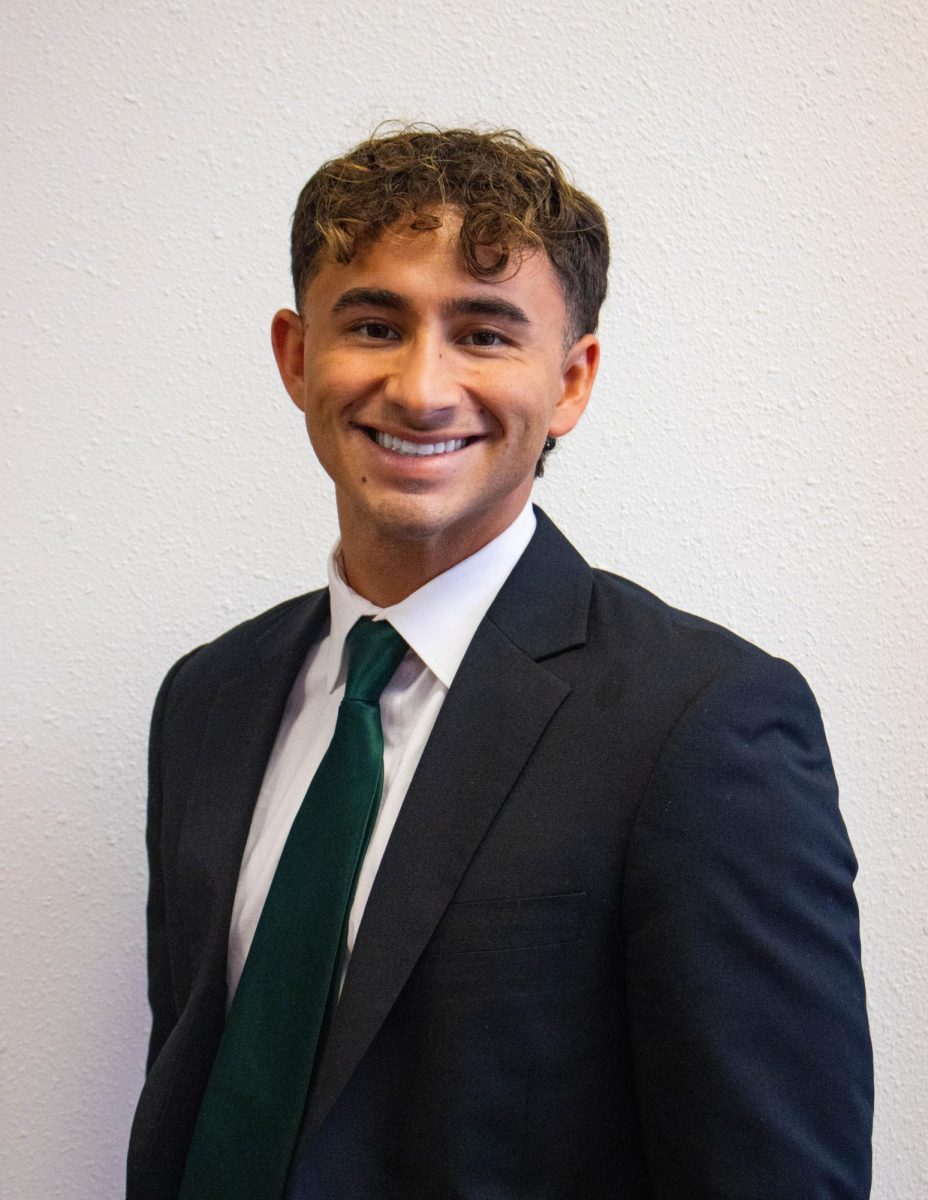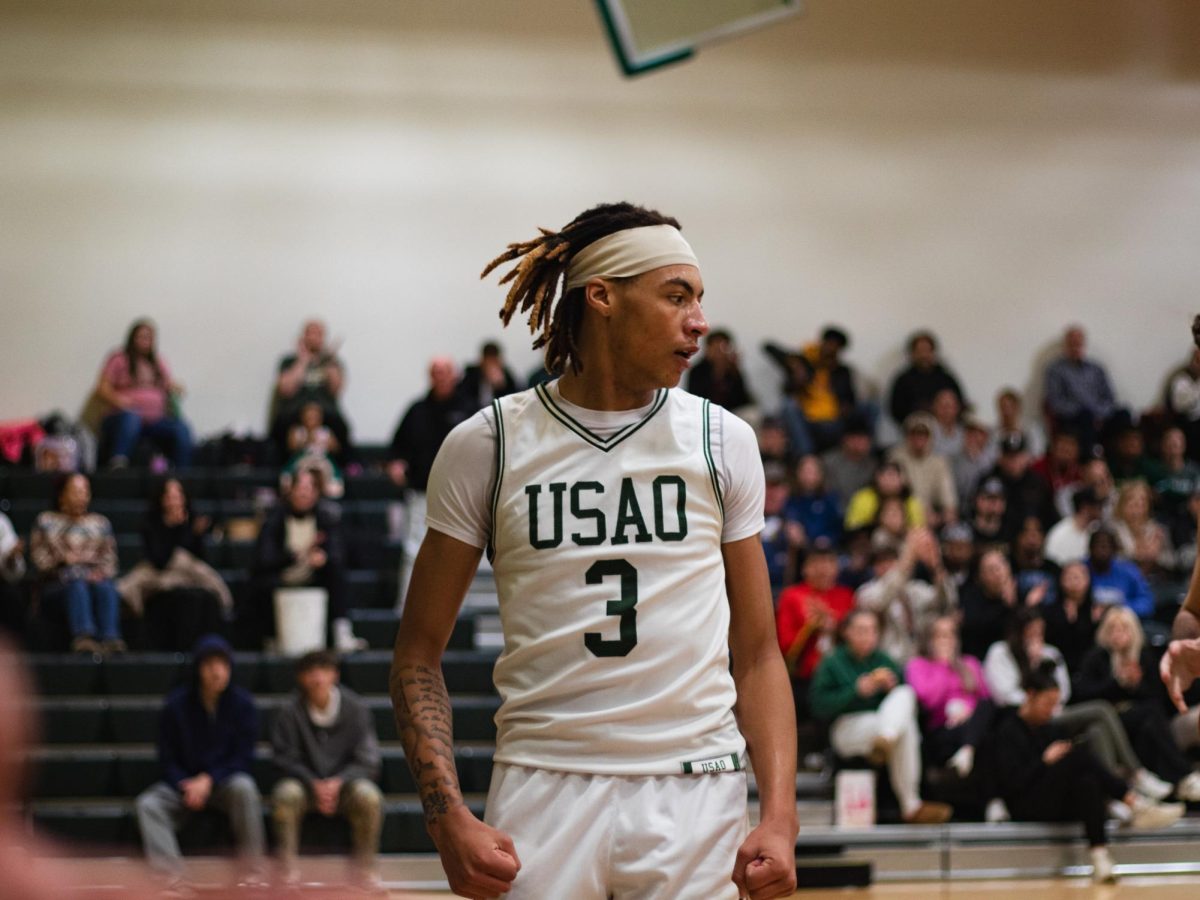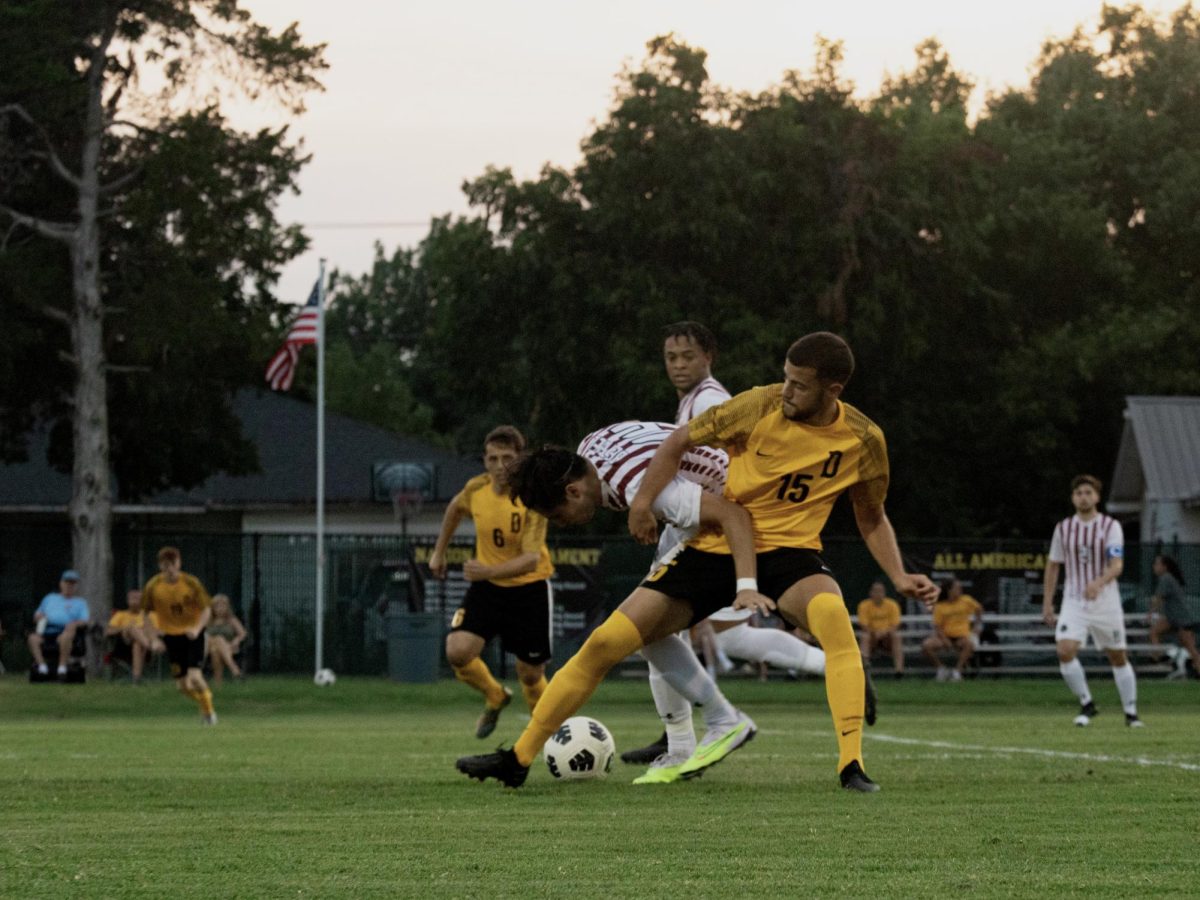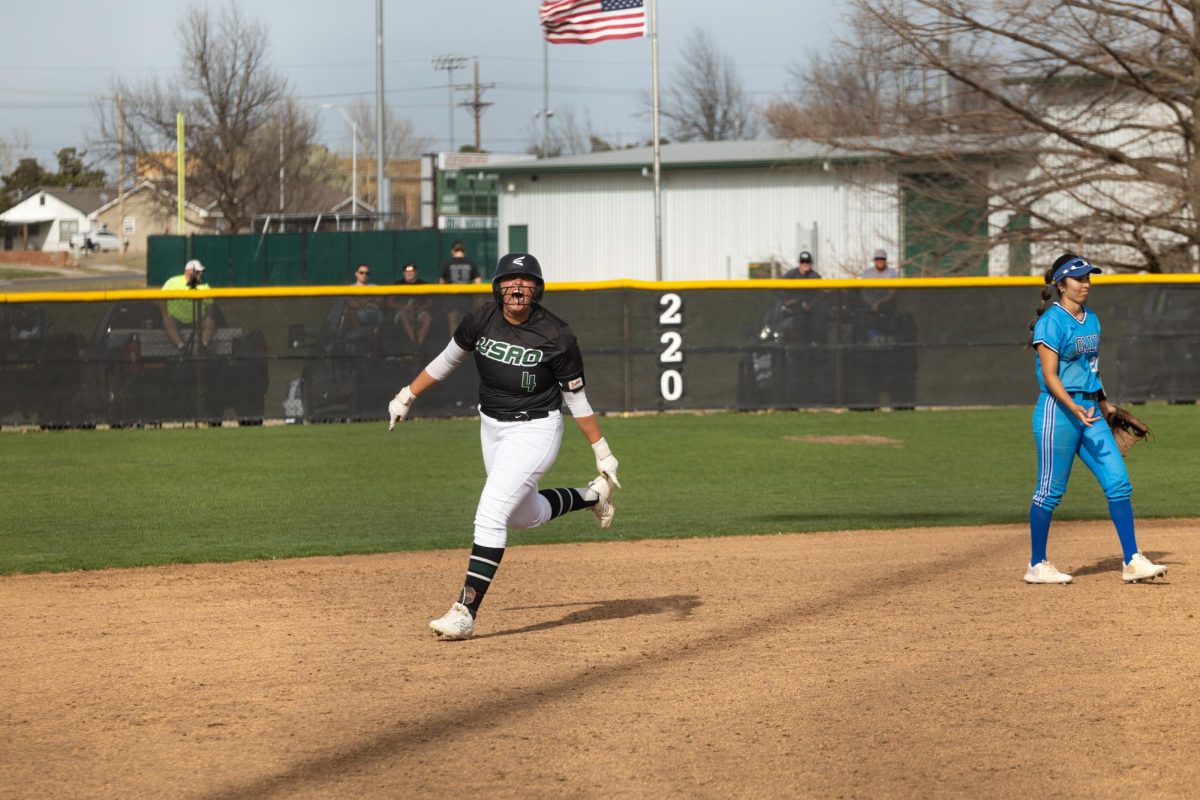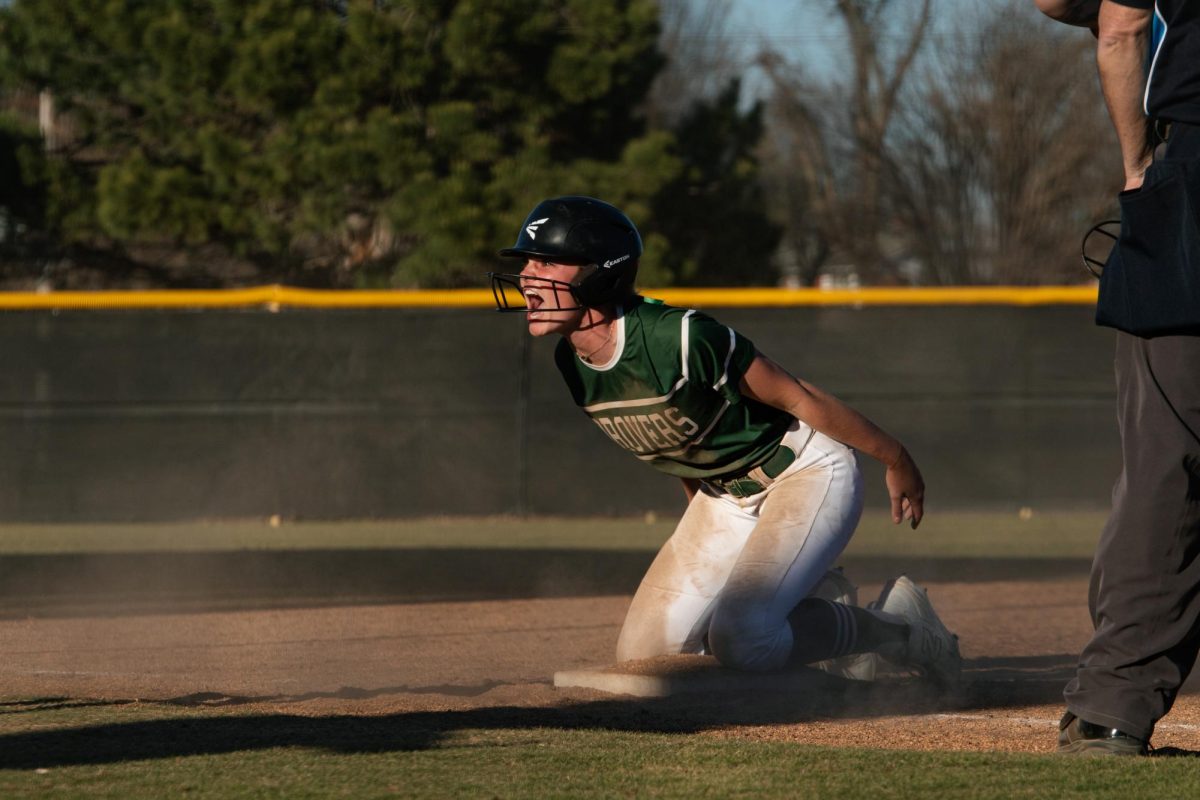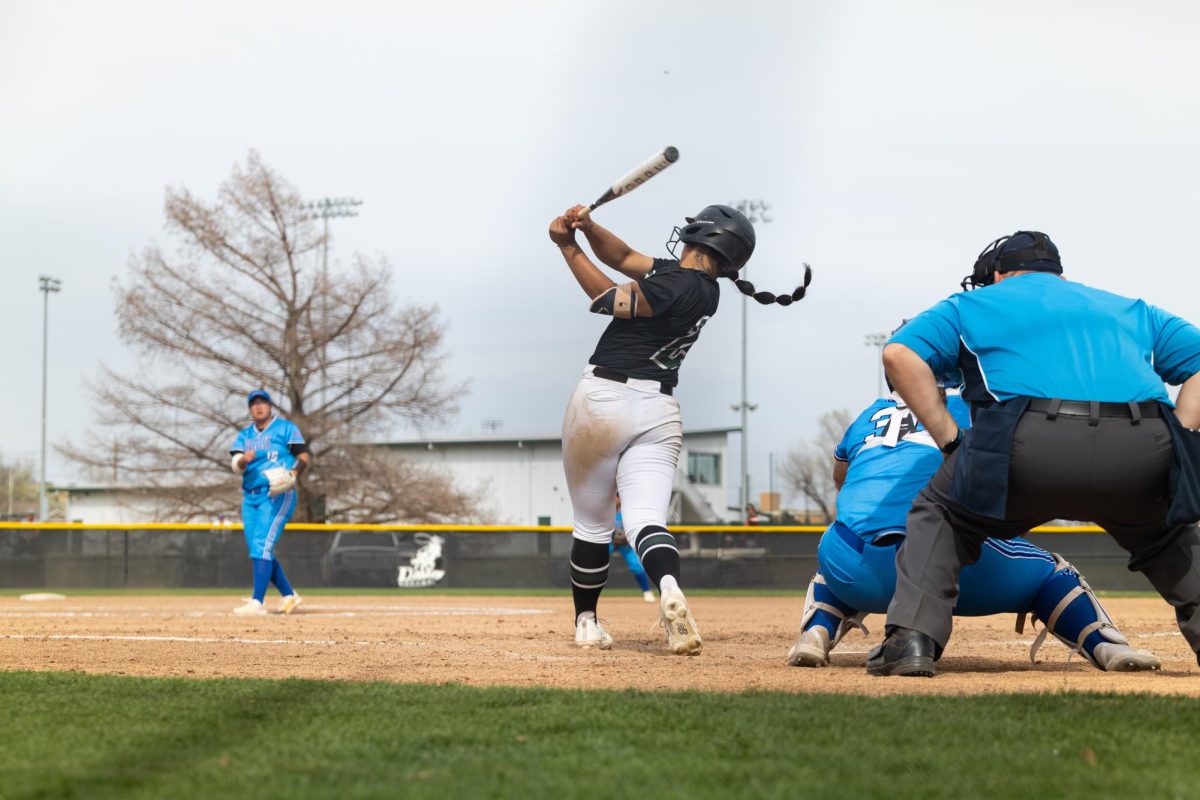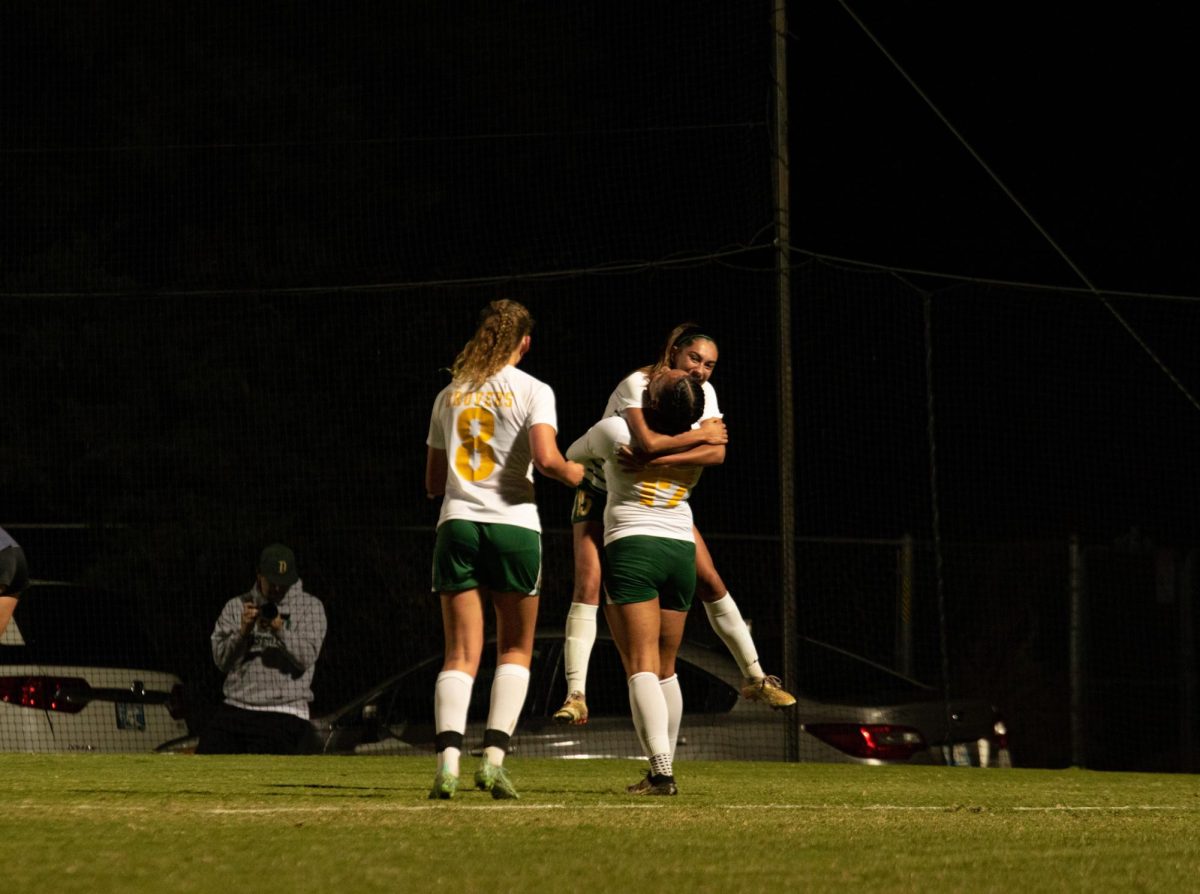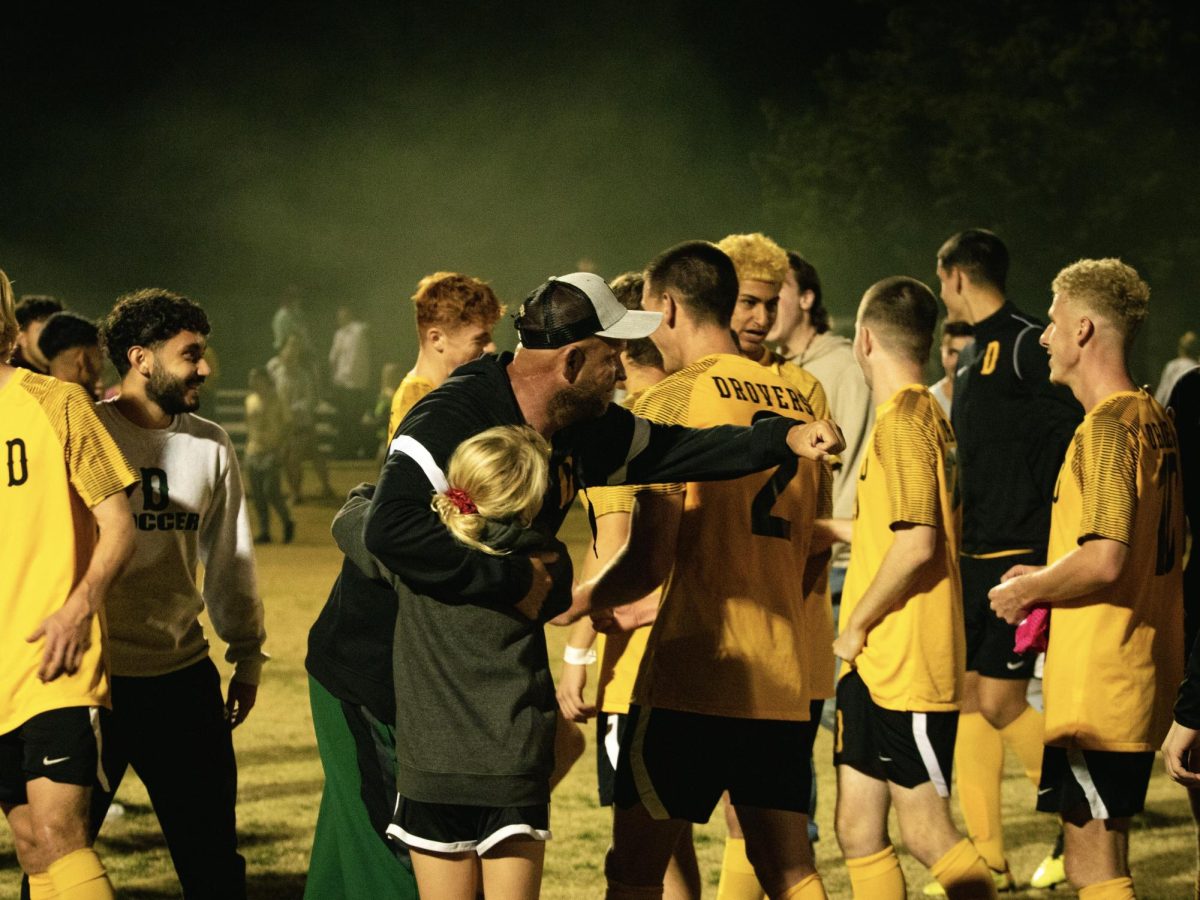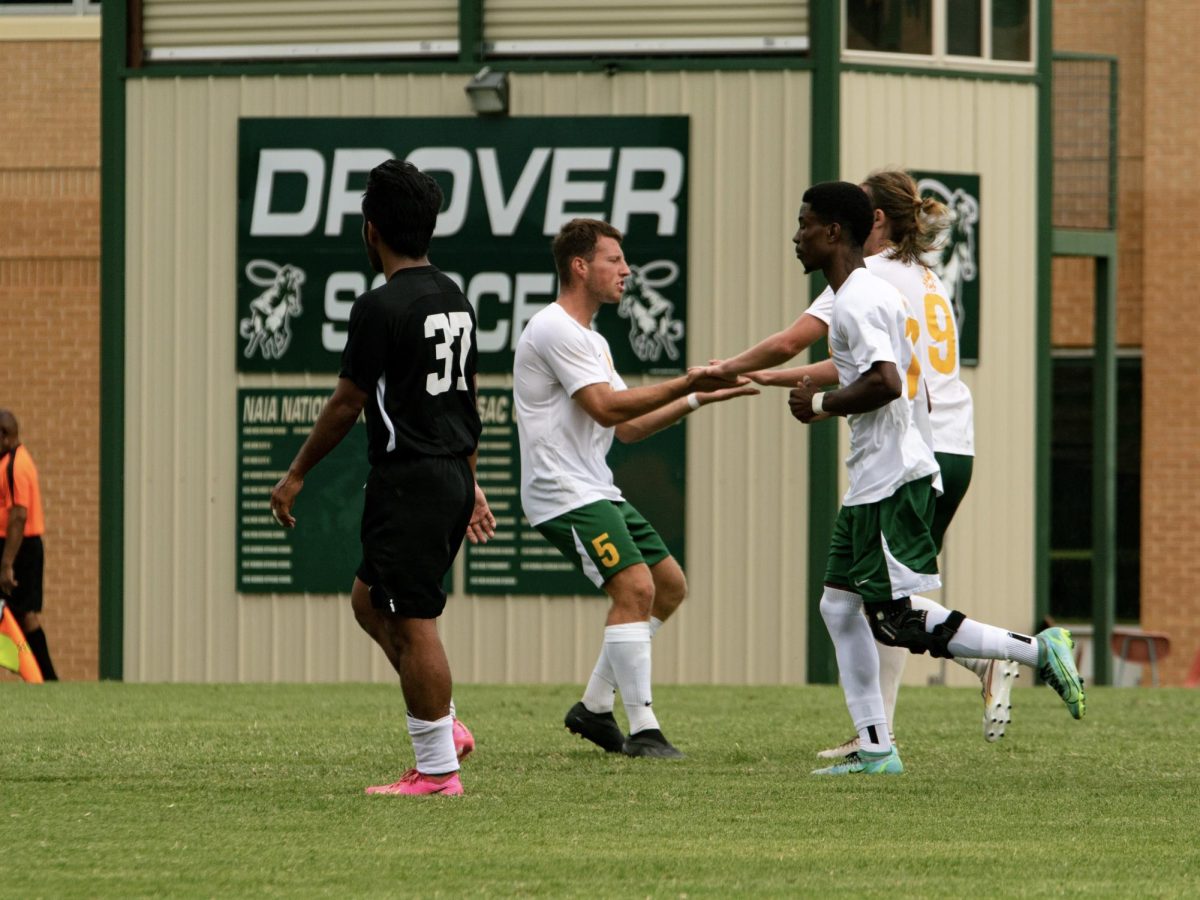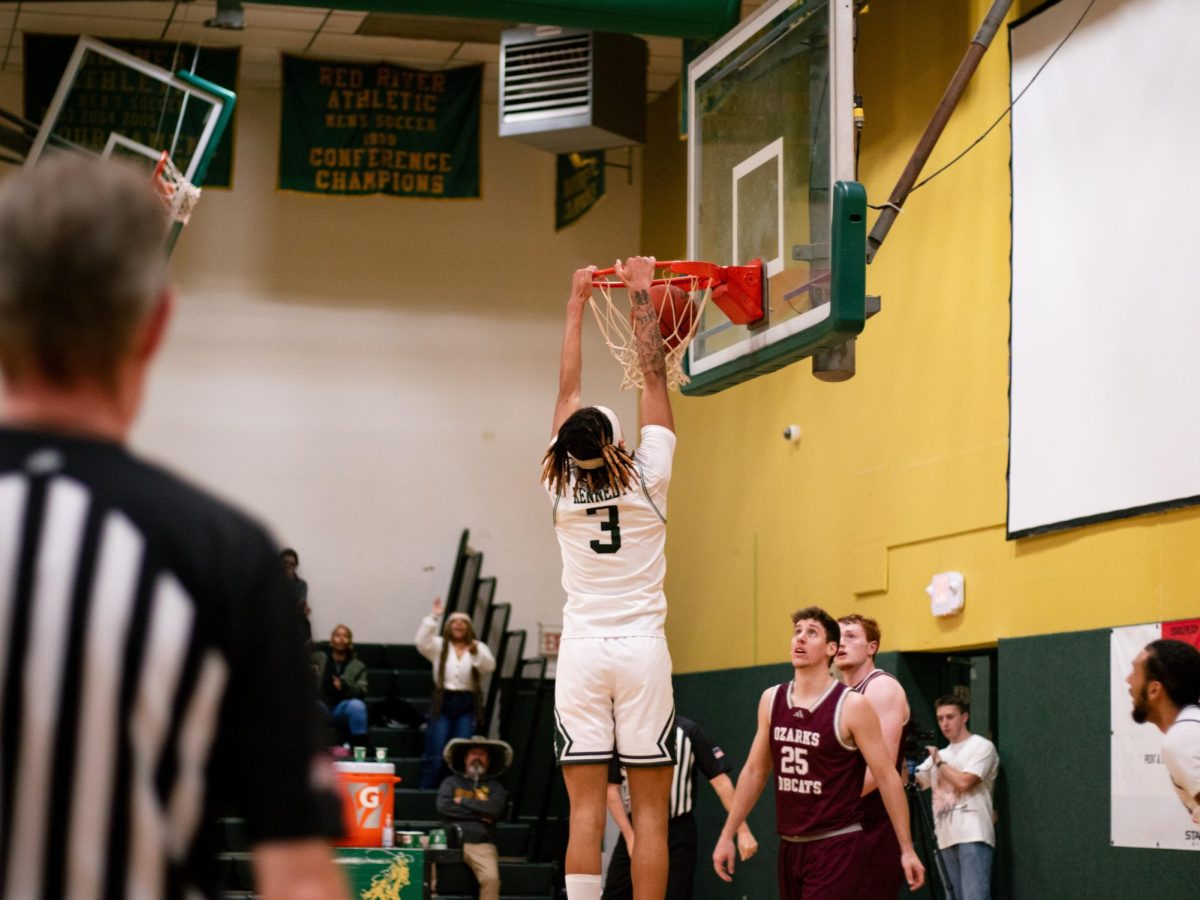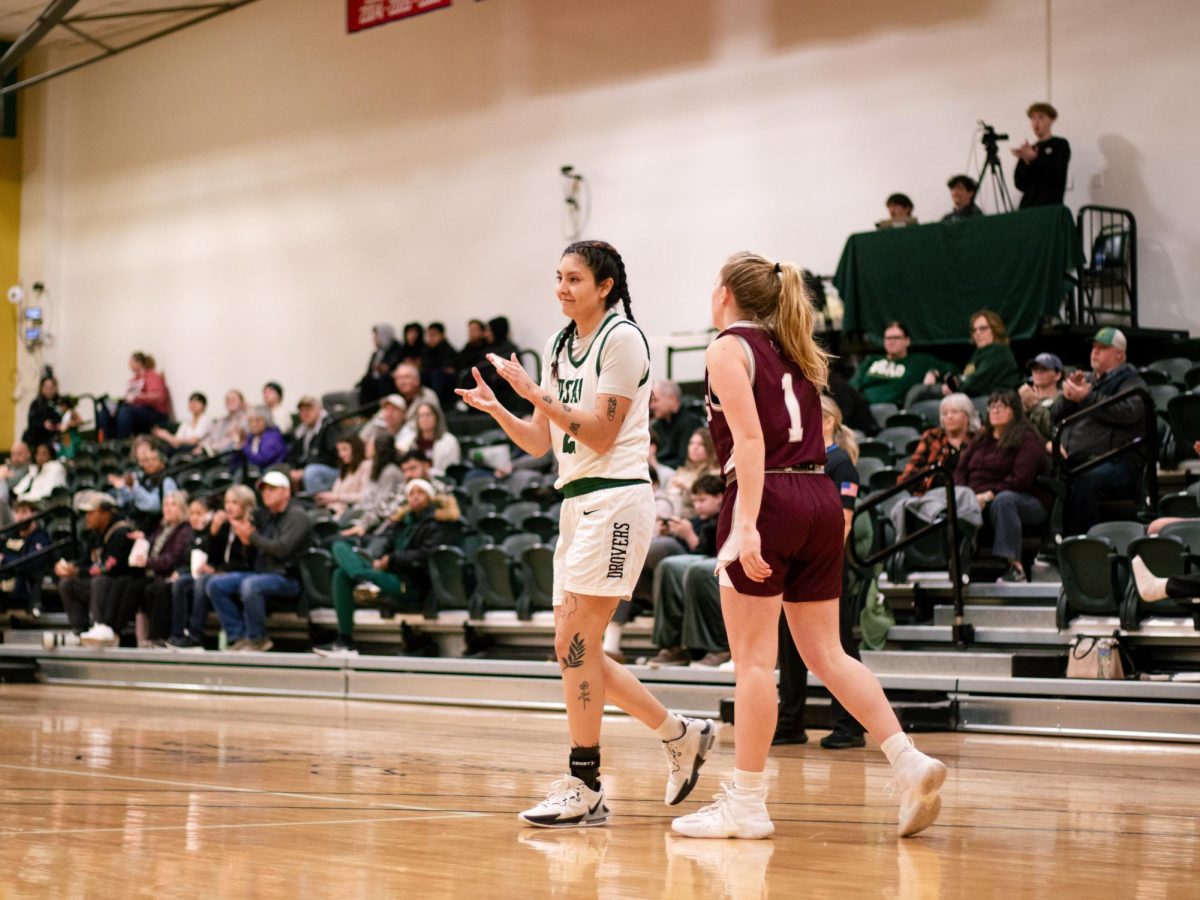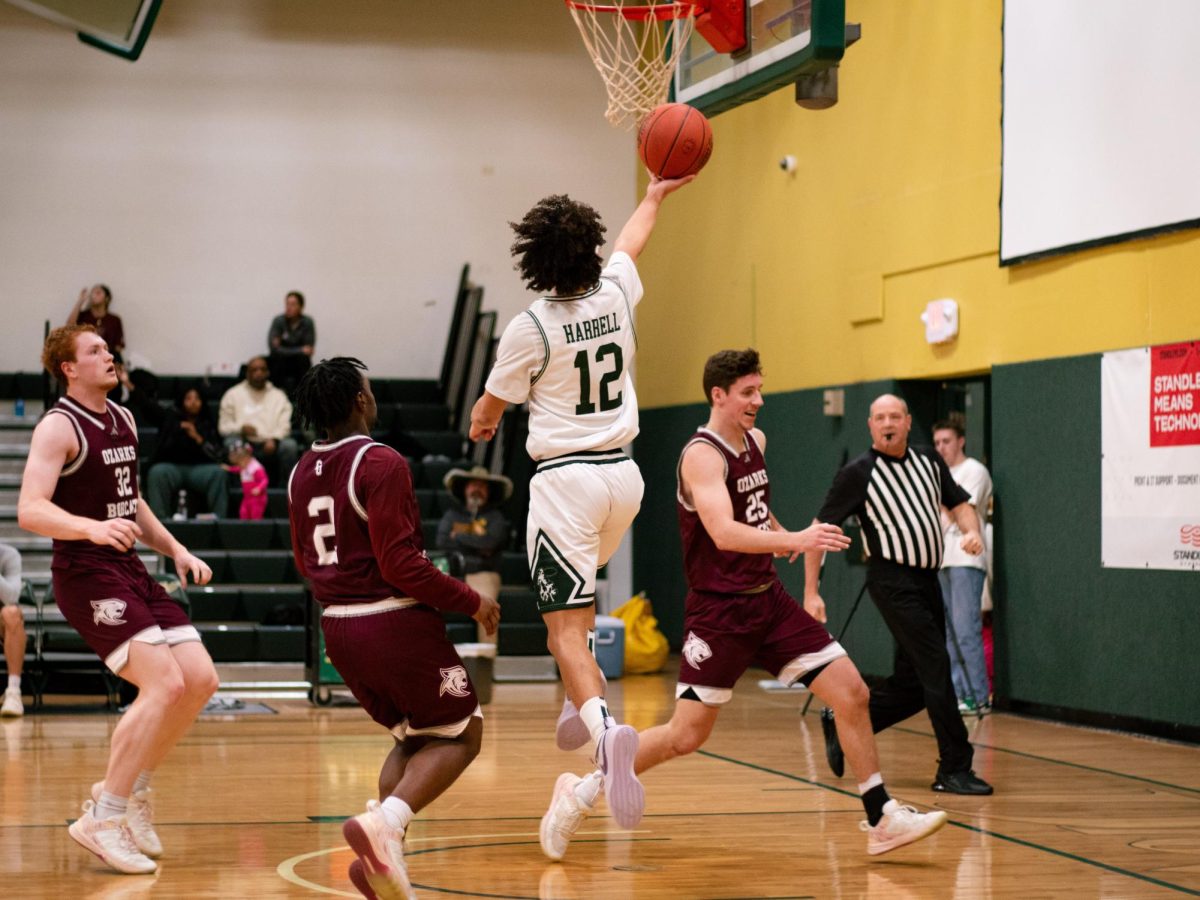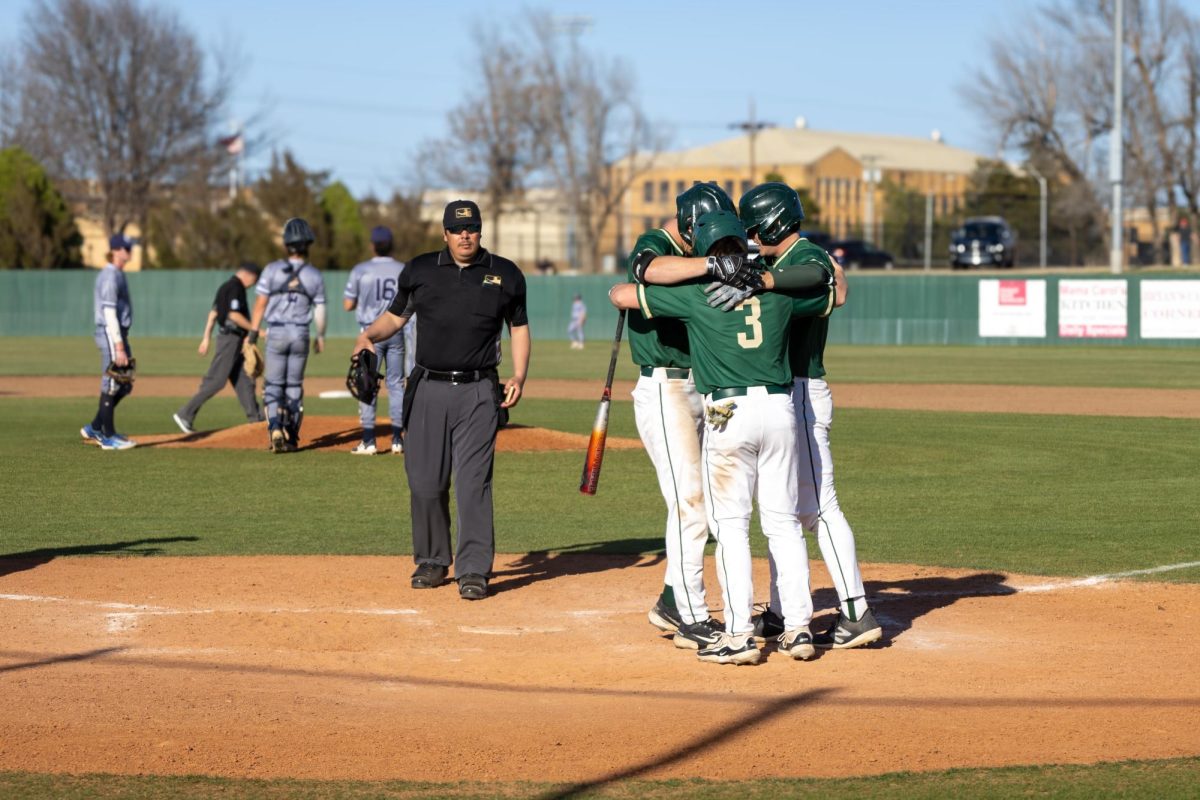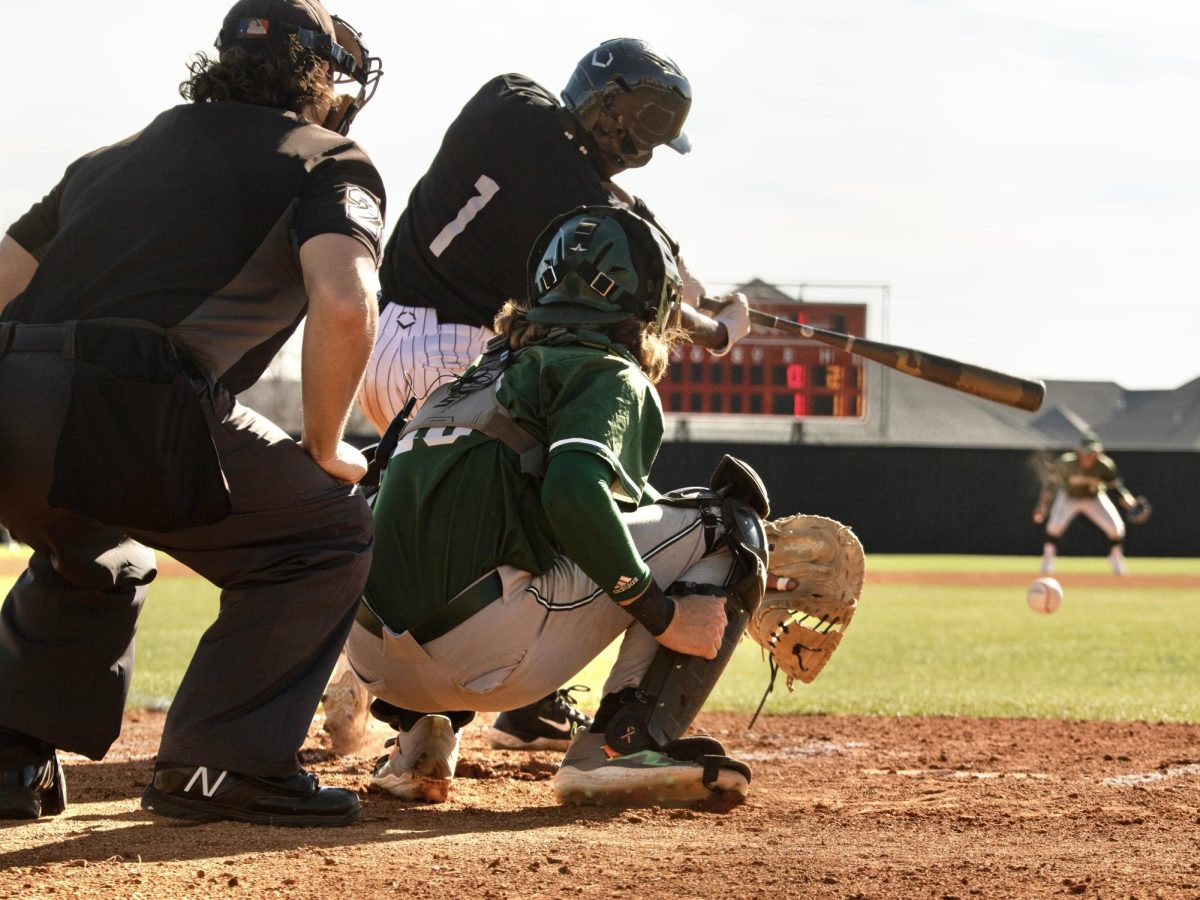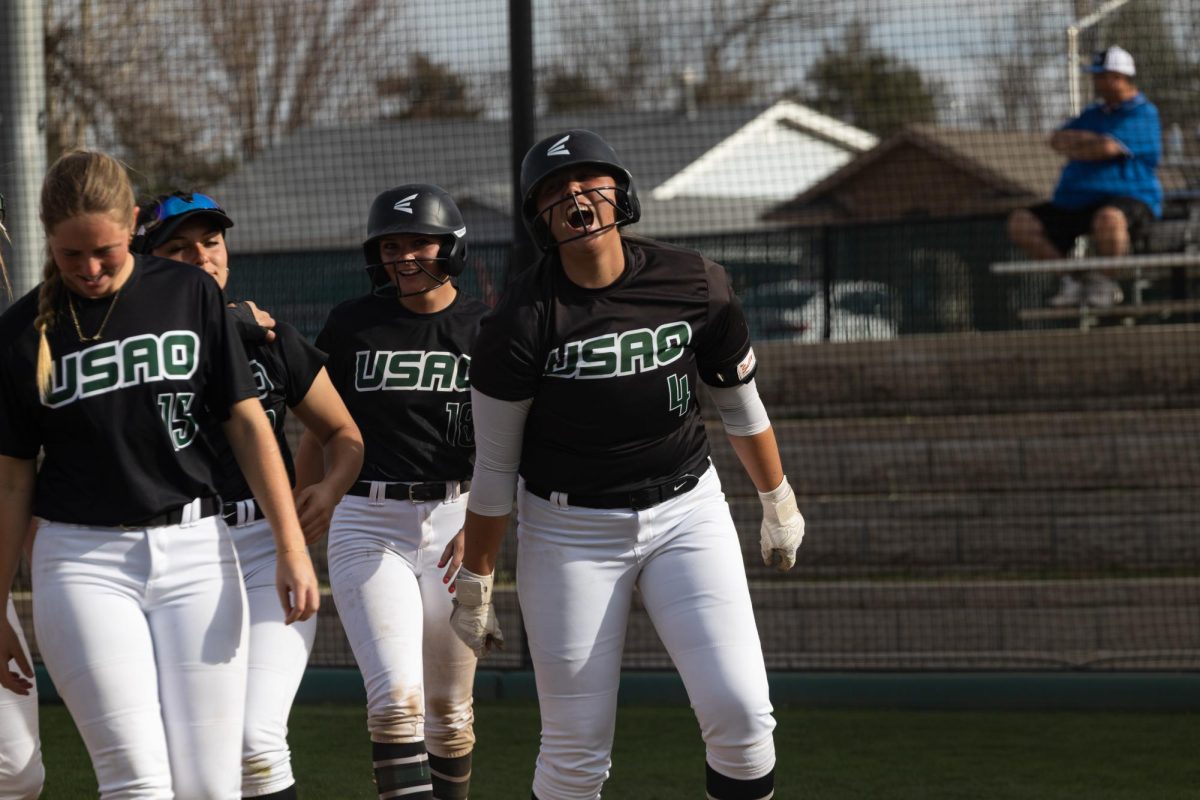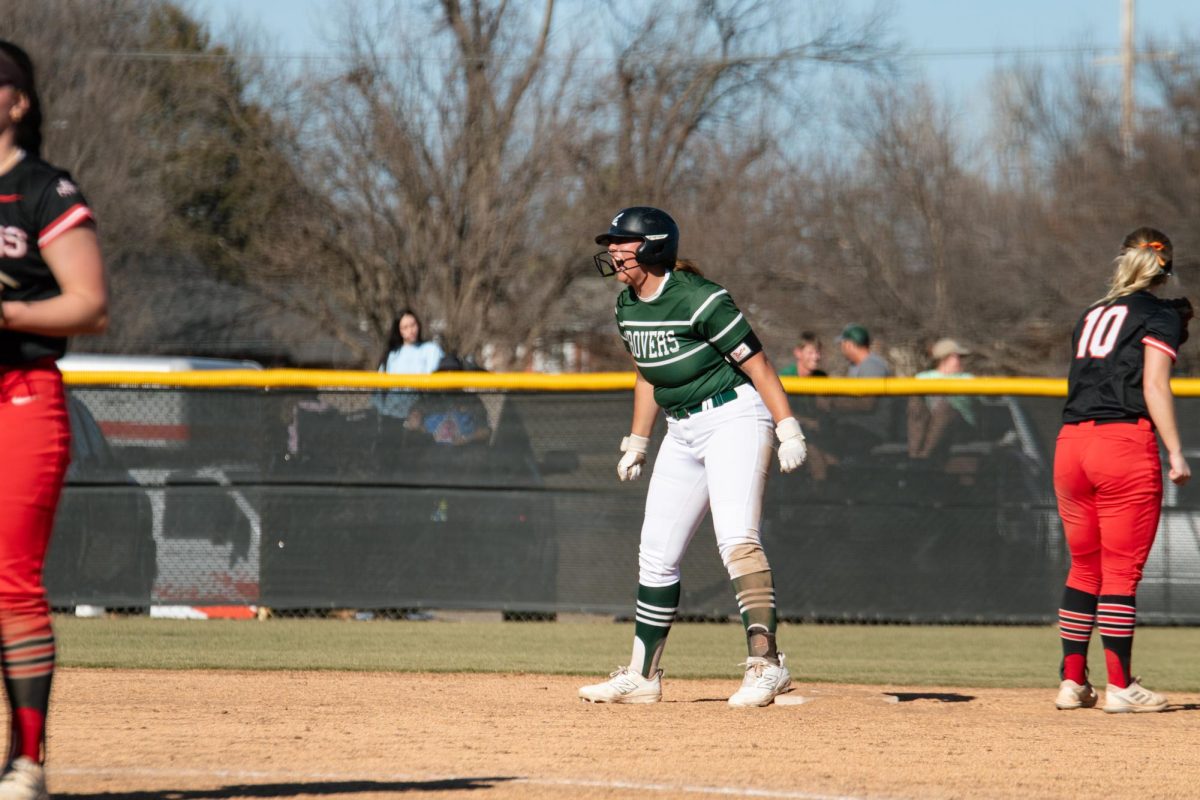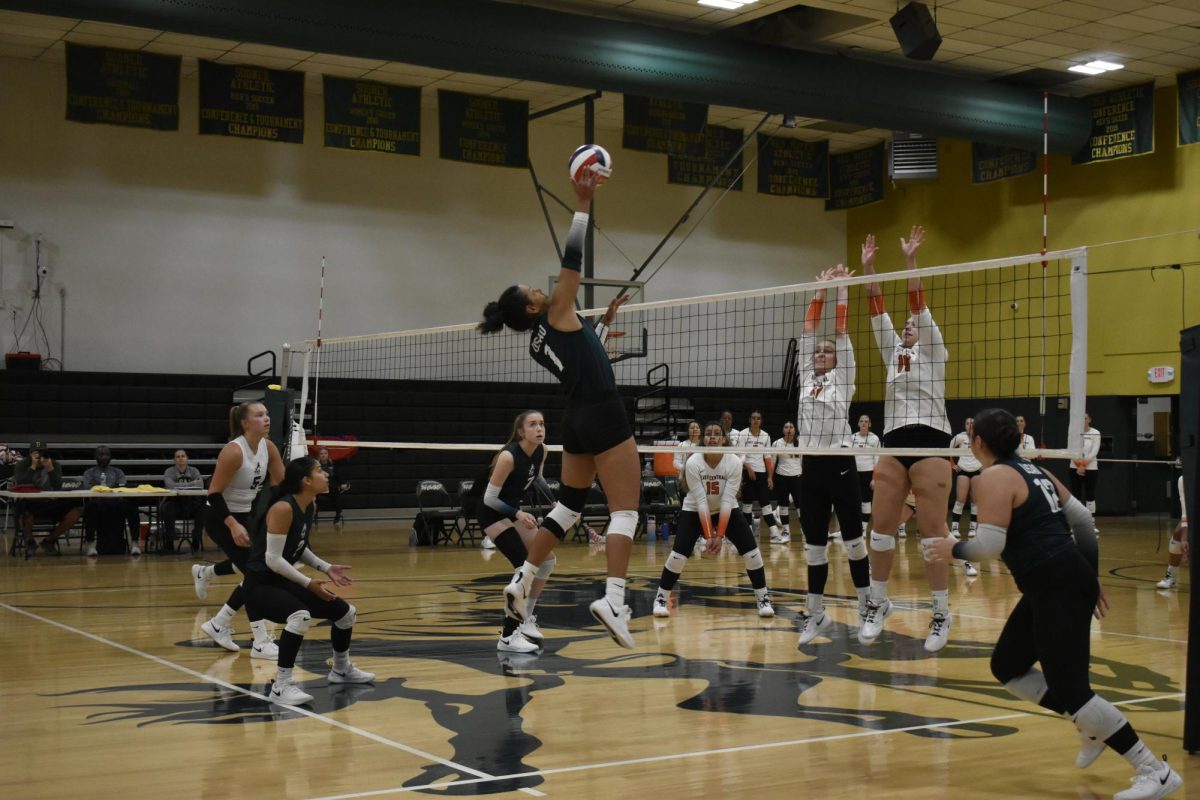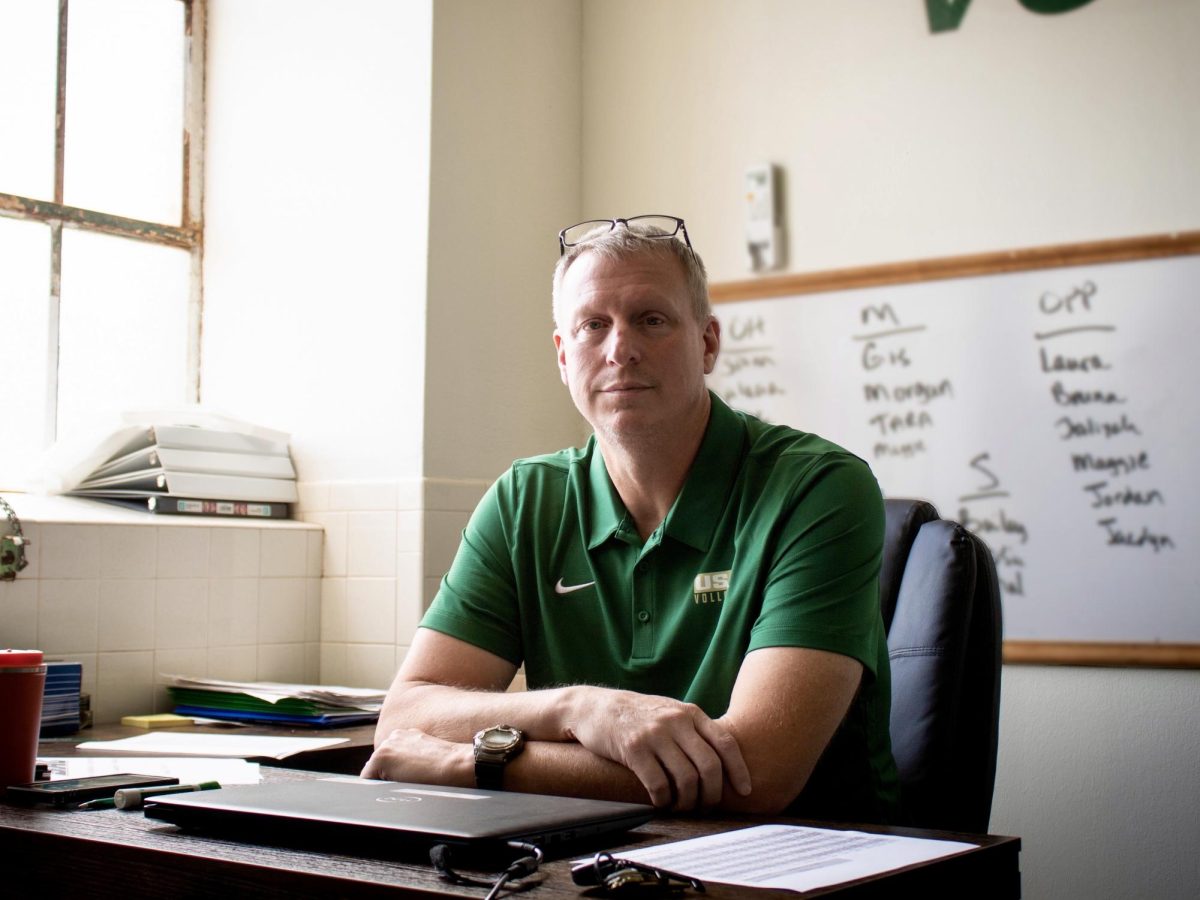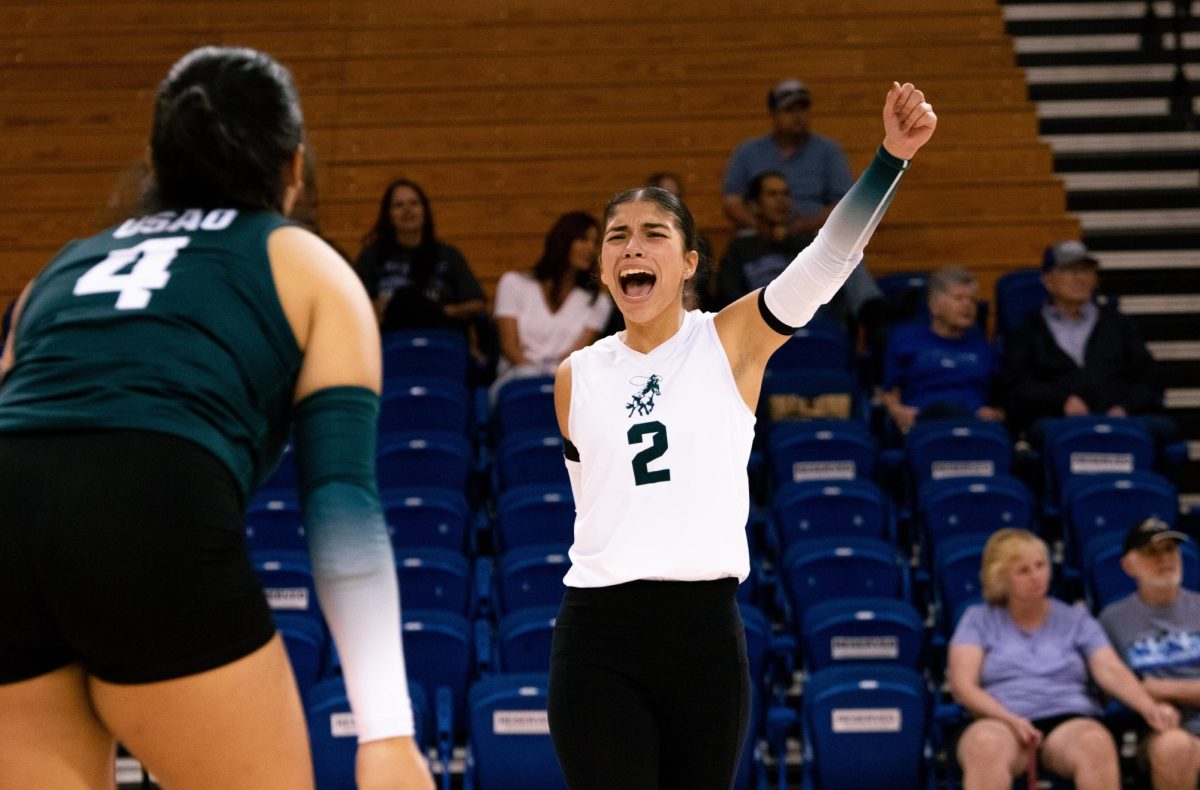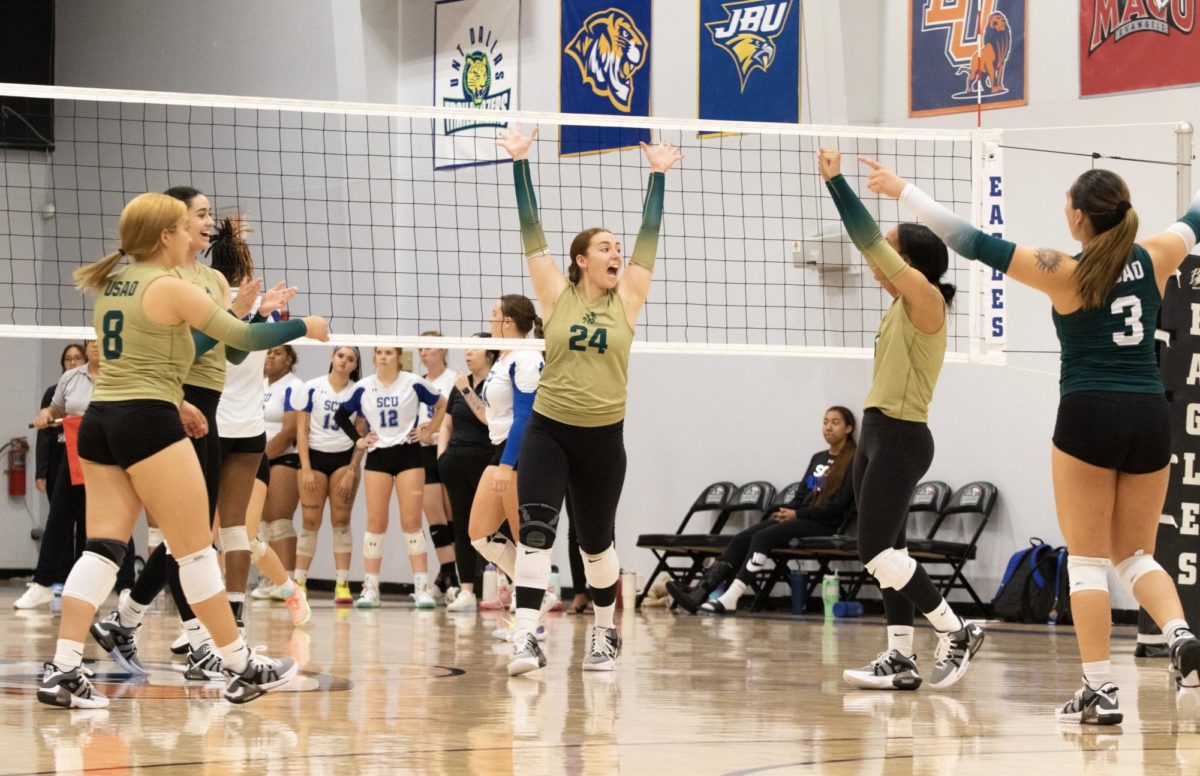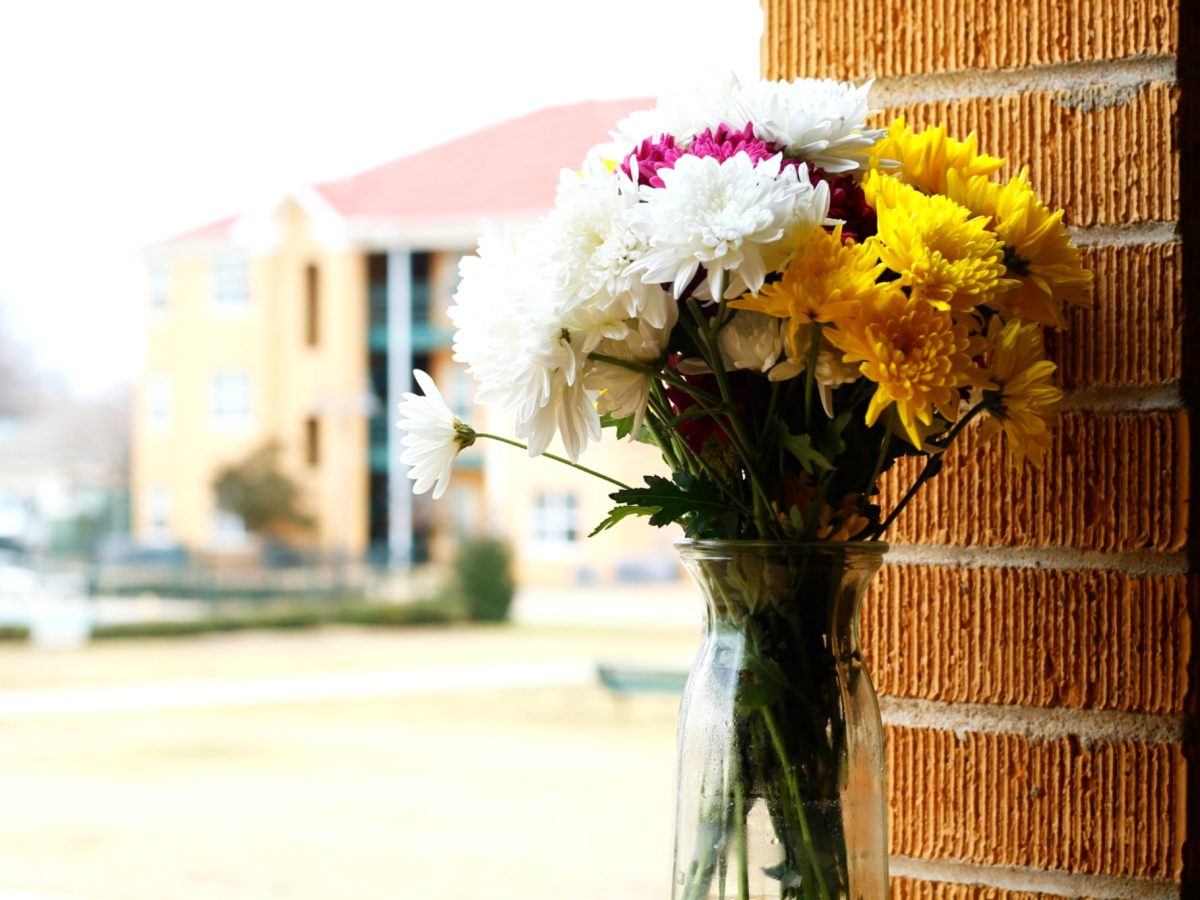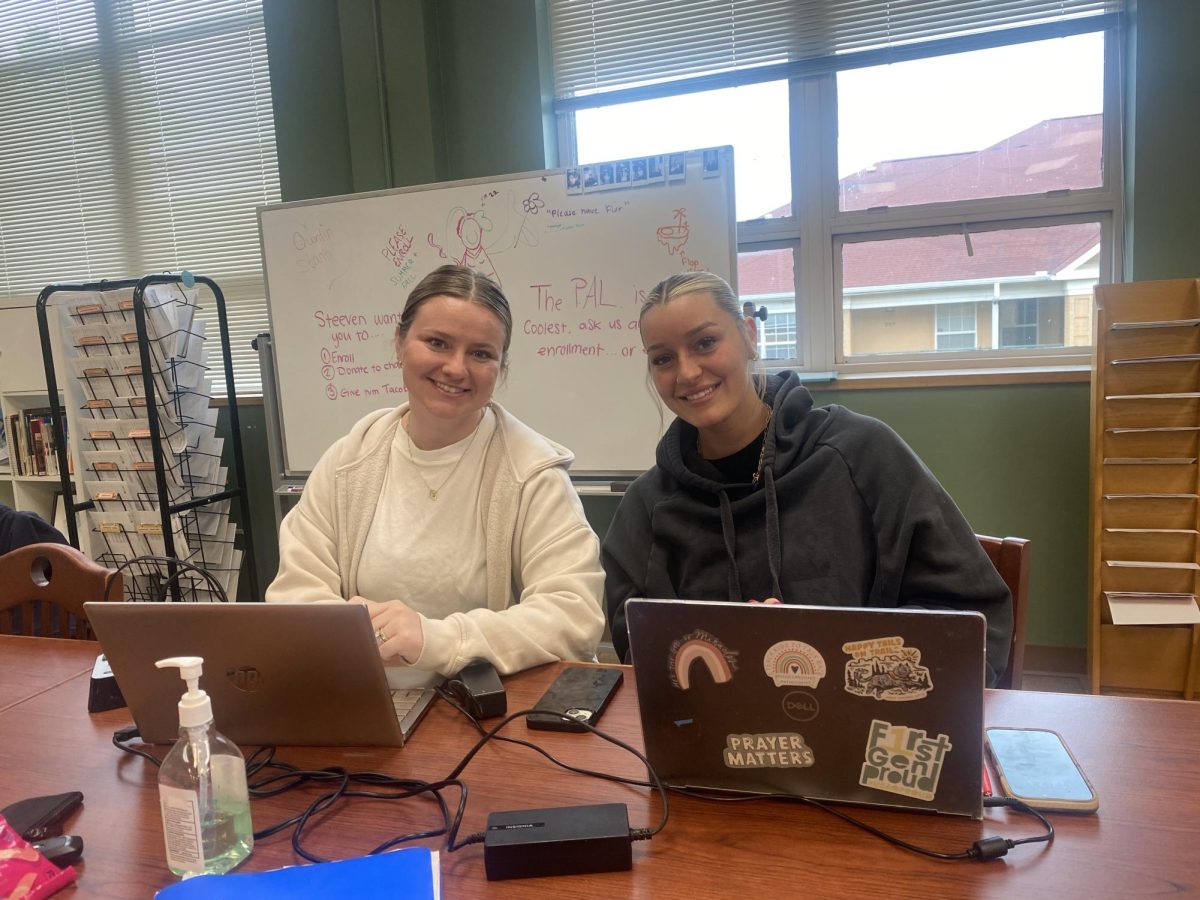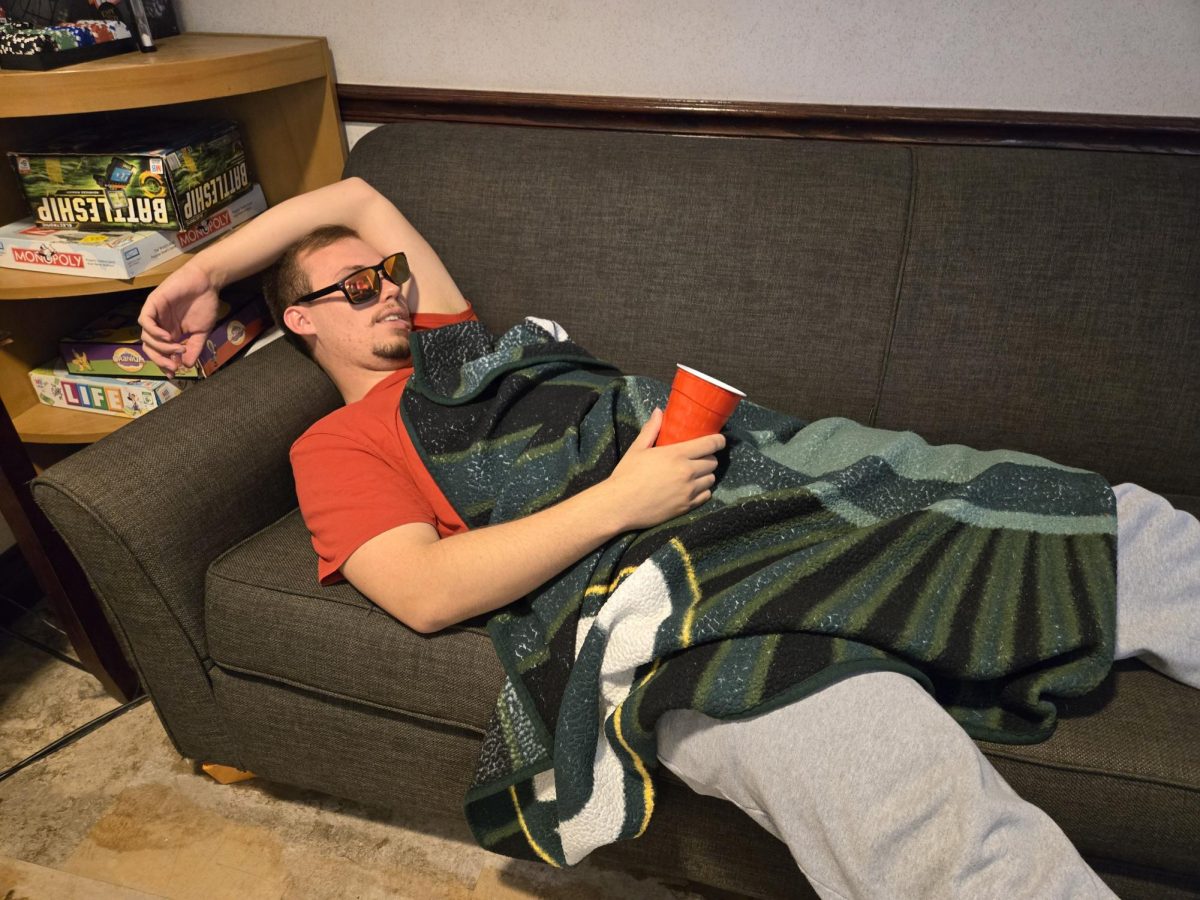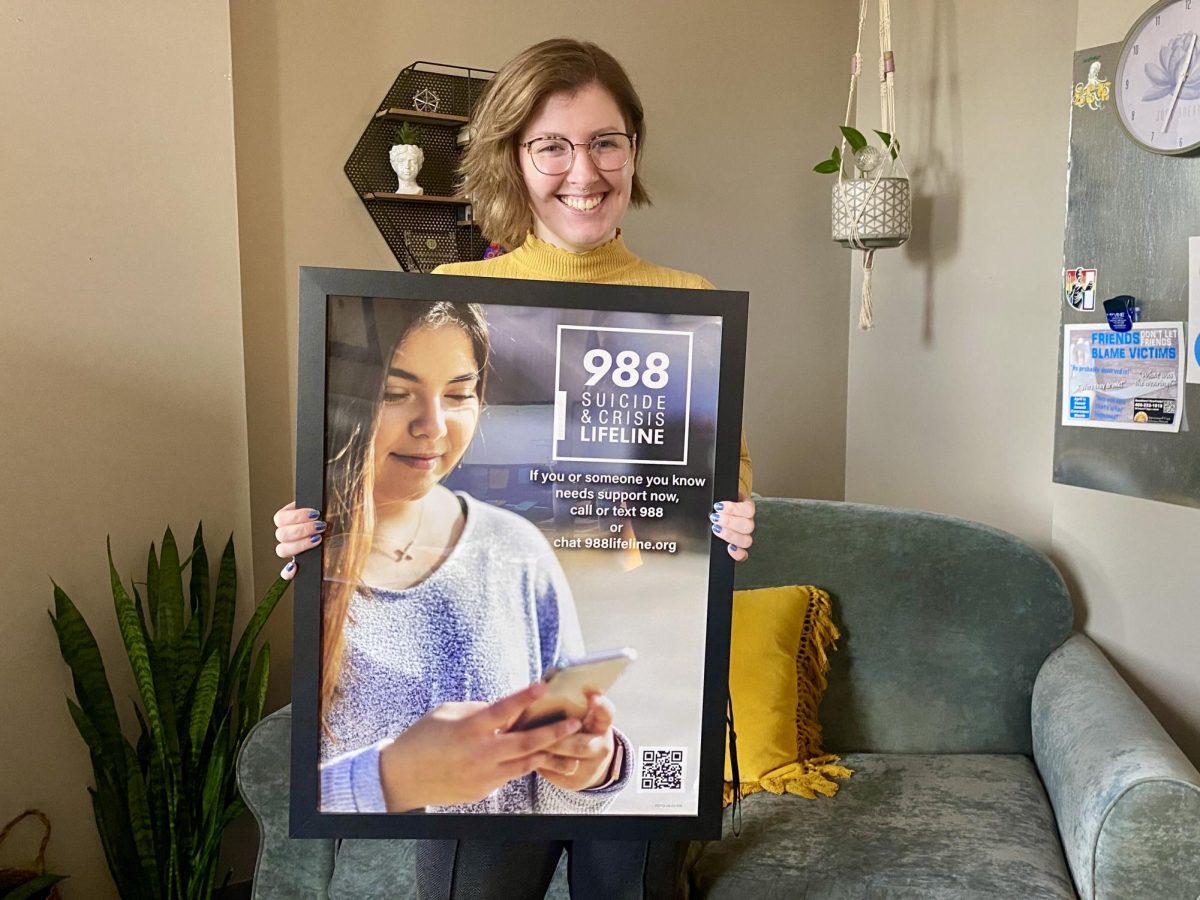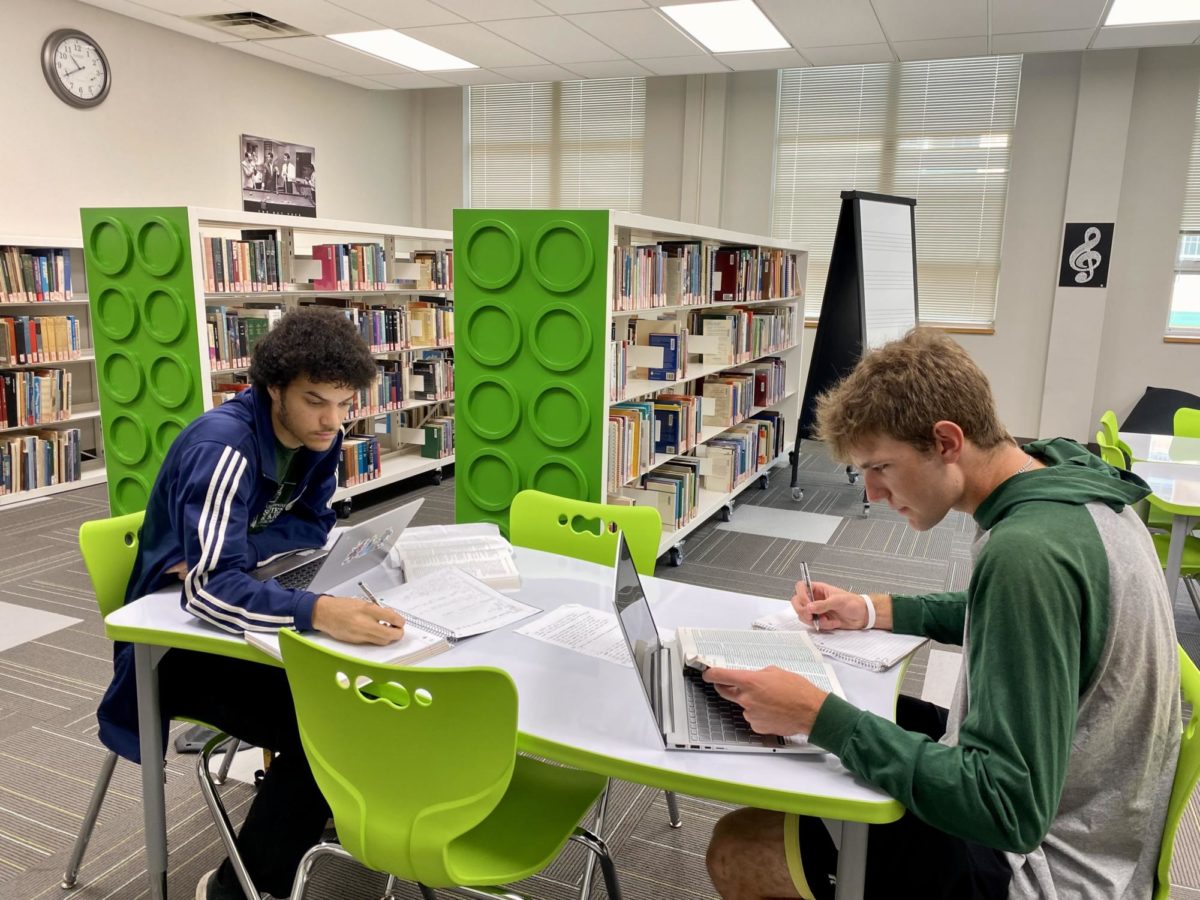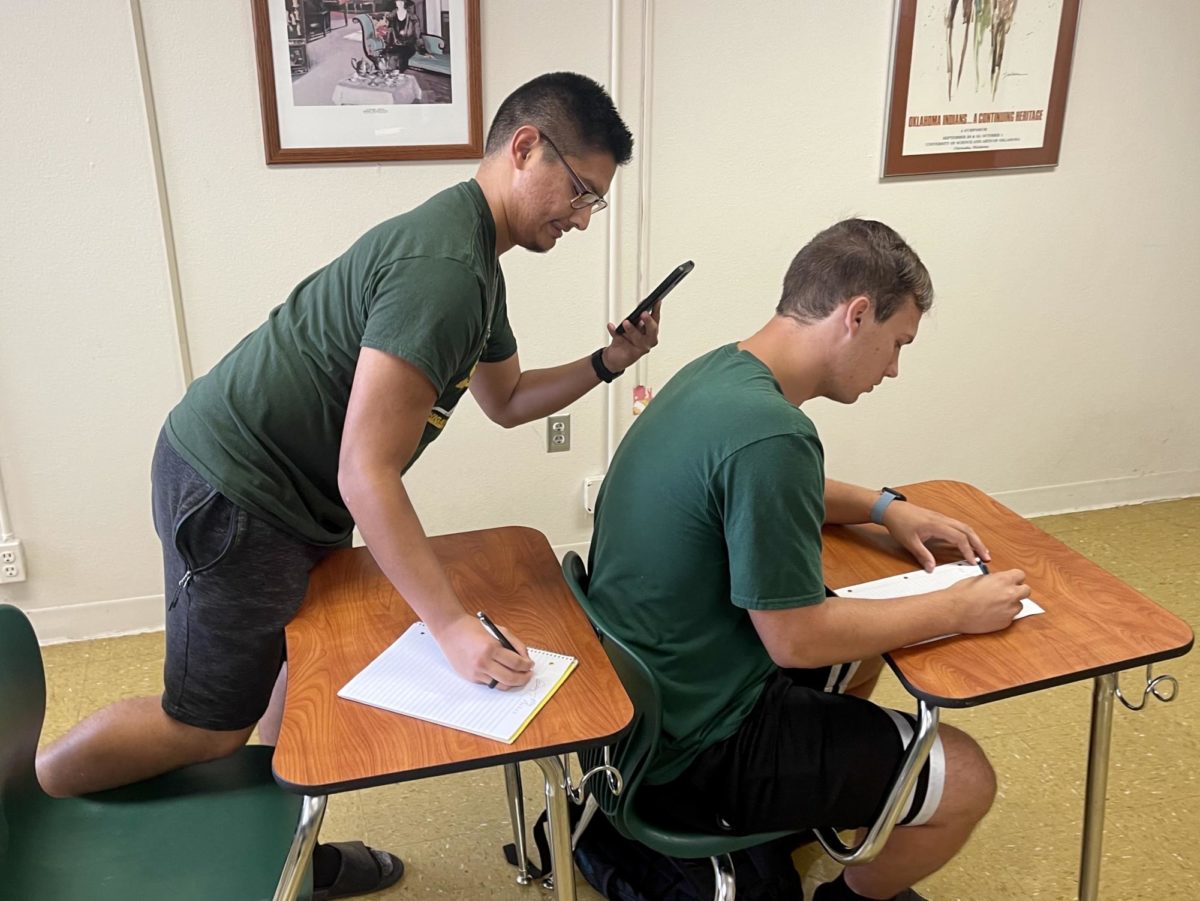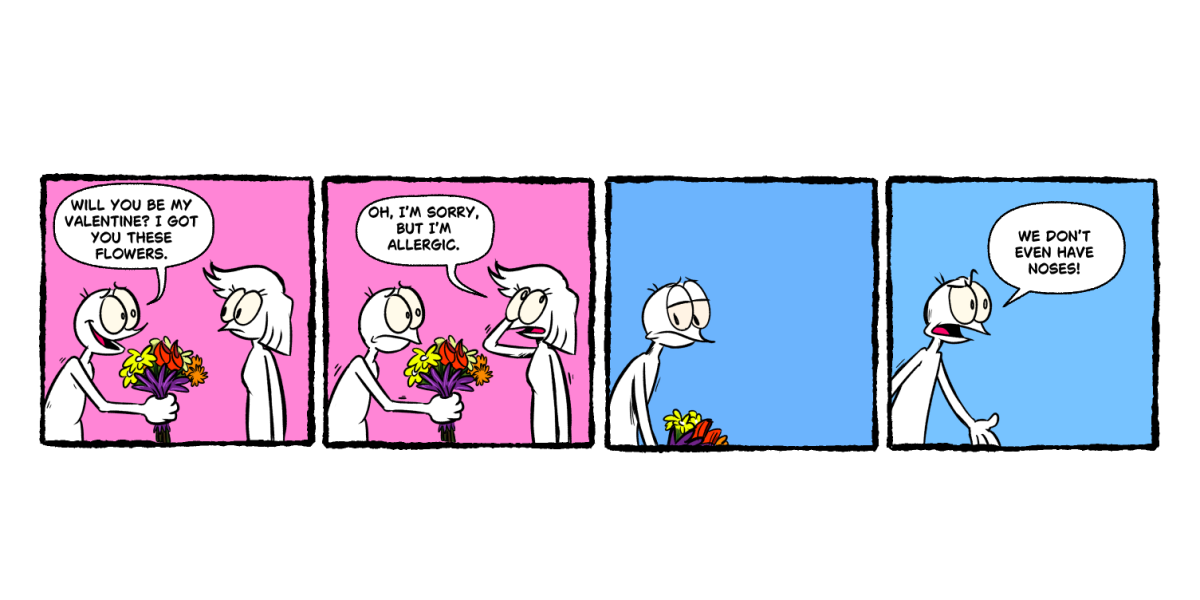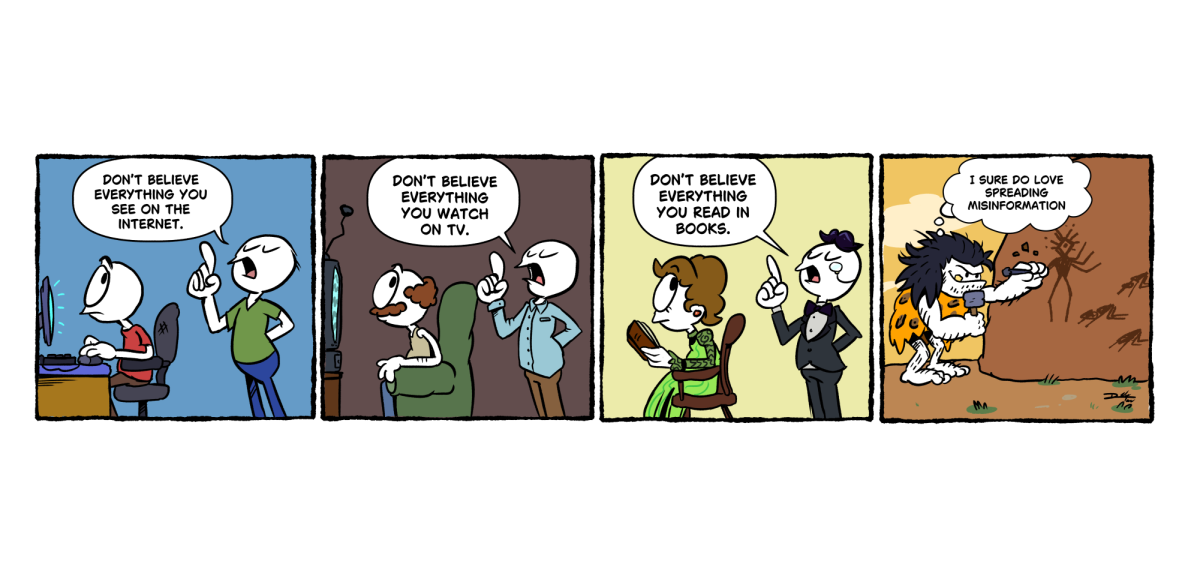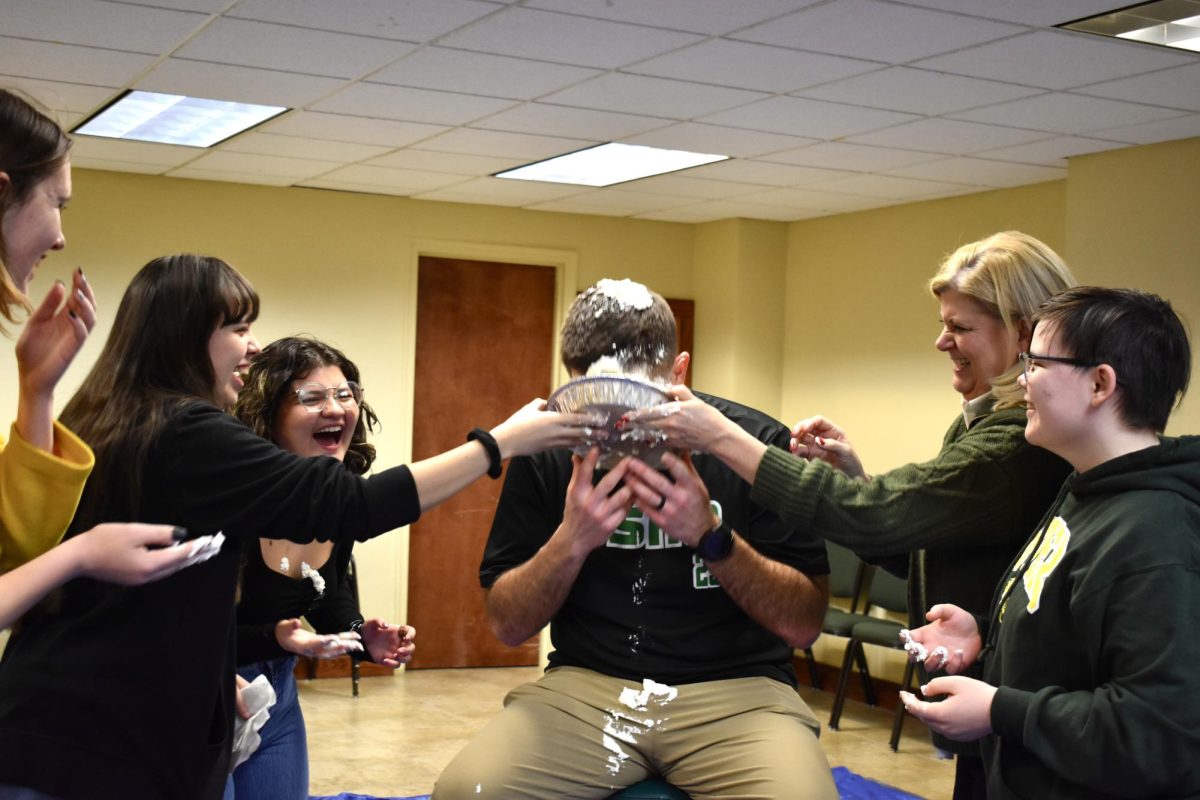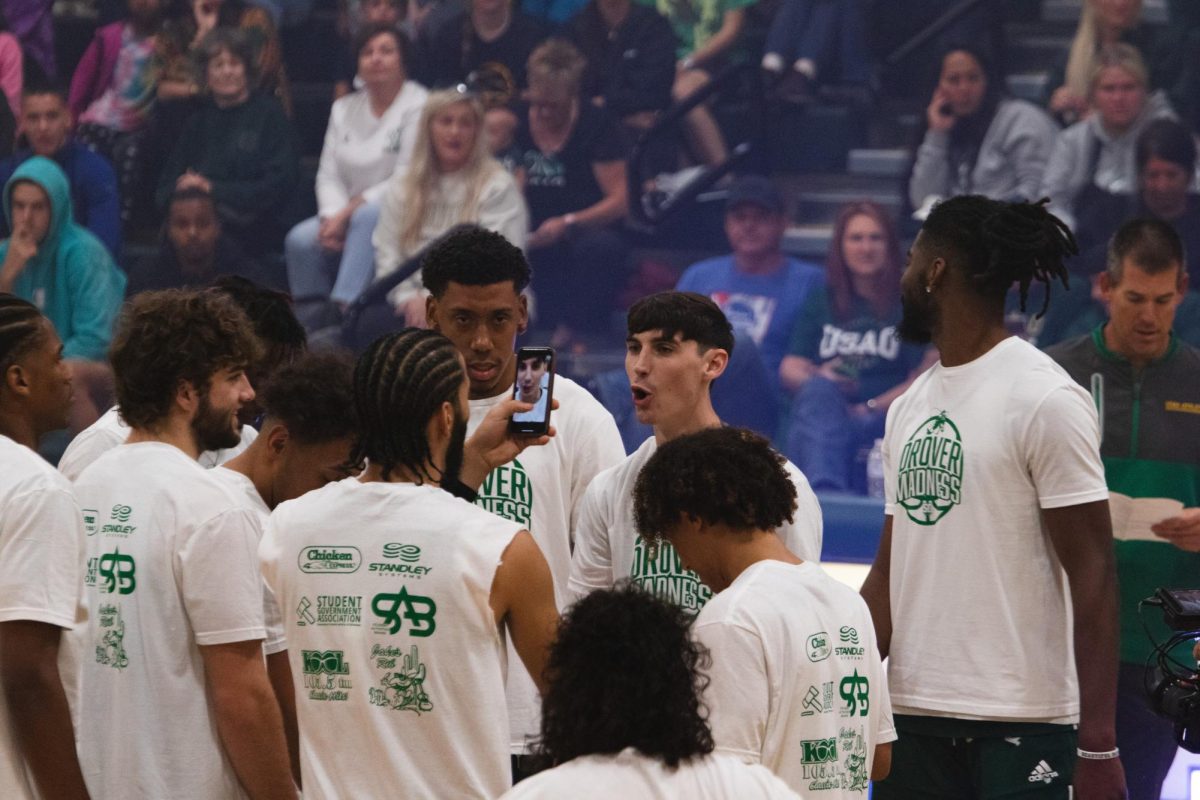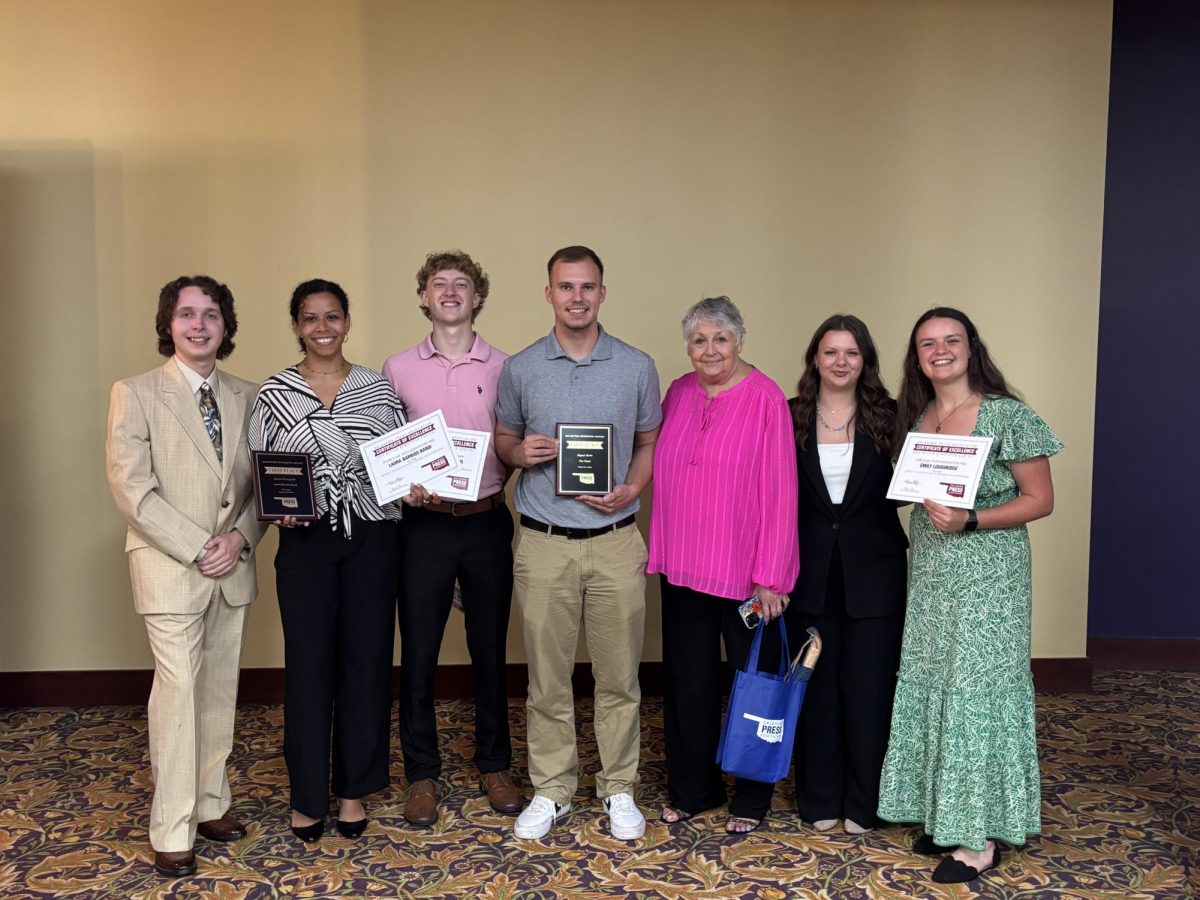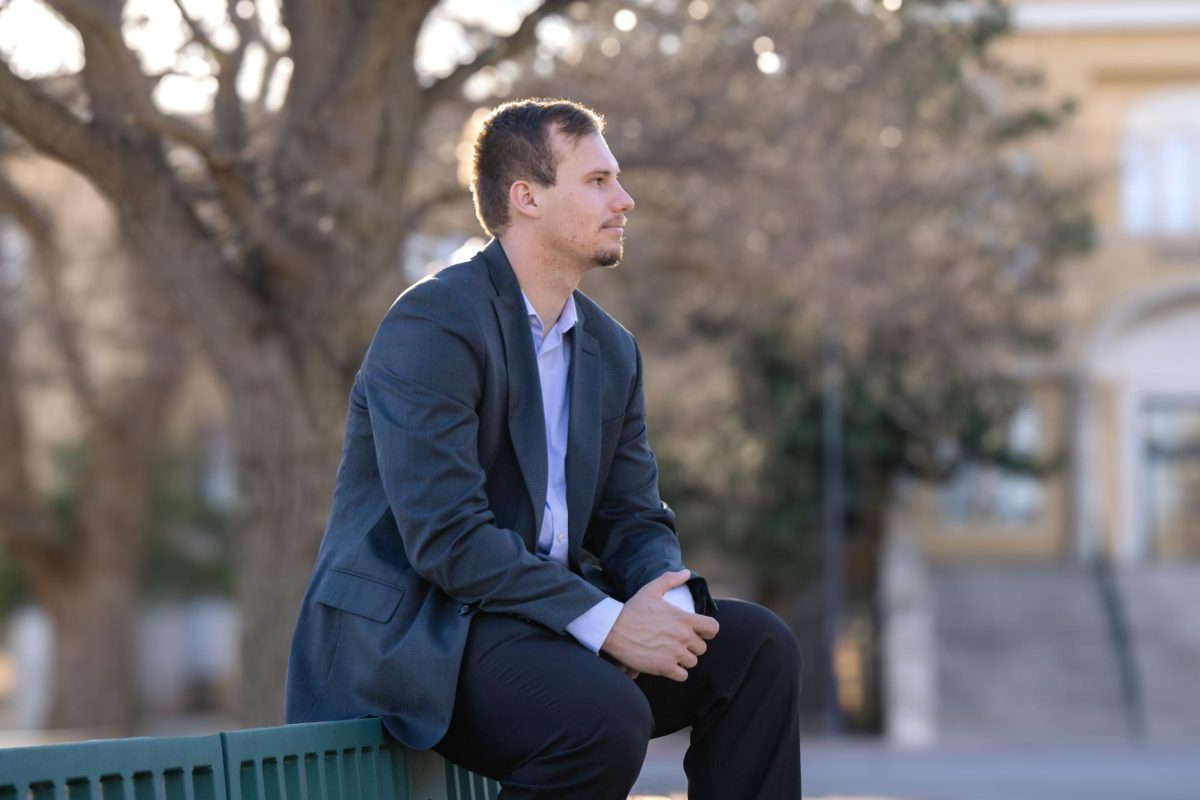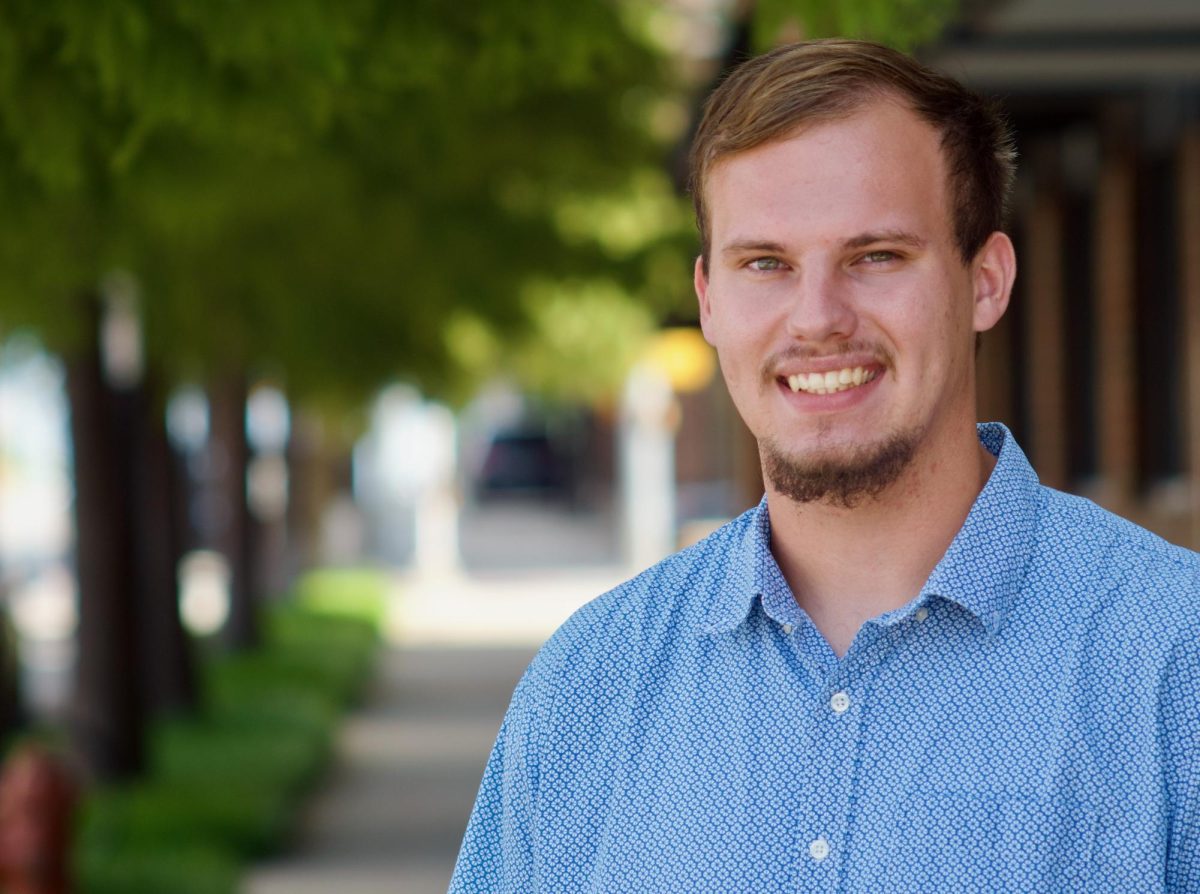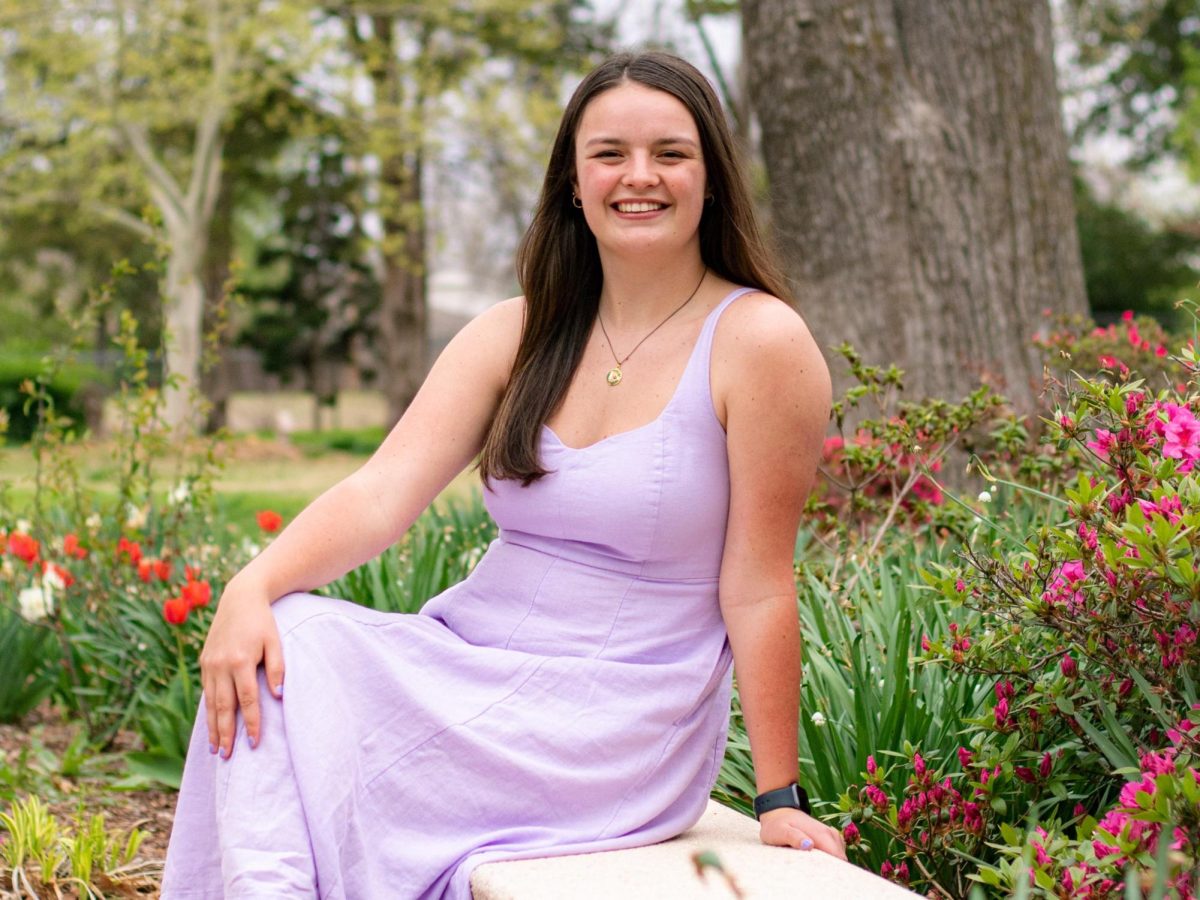Romantic Relationships
October 17, 2019
Students and faculty currently in a consensual romantic relationship may have earned an unexpected reprieve from USAO Student Government Association President Karli Bonds after she vetoed SGA Senate Resolution 1107201901, a consensual romantic relationships affirmation aimed at the USAO faculty and staff.
Bonds stated a lack of support from both SGA Senators and the student body as her reasoning behind the veto.
“There were several senators who abstained from voting,” Bonds said. “I’ve also spoken with many students who feel we may not need this policy, or we should discuss it more.”
The SGA resolution, introduced by Business and Social Sciences Ward Senator Korbyn Peebles at the Nov. 14 SGA meeting, is in response to concern about a resolution passed last year in Faculty Association. That resolution, written by Dr. Zach Simpson, associate professor of philosophy and religious studies, prohibited faculty from dating undergraduates under any circumstances. However, the resolution was never approved by USAO President John Feaver and the USAO Board of Regents.
Simpson, who currently chairs the Faculty Handbook Committee, said every school needs a policy that protects students.
“Every school should have a policy that sets boundaries on the relationships between faculty and students,” Simpson said. “I was shocked that we didn’t have a policy.”
Apparently, neither the faculty nor the students were aware of protections already granted under Title IX of the Education Amendments of 1972.
USAO’s current policy on student-faculty dating only restricts relationships where an evaluative authority exists, reflecting a Title IX-era trend, but which must be disclosed to the department chair, in order for the University to manage the potential conflict of interest.
In the USAO Faculty Handbook, updated and published April 2018, a paragraph addresses employee-student relationships, but doesn’t specifically mention consensual sexual relationship: “[Employees of USAO will] abstain from exercising any influence on evaluation of student performance for any student with whom the faculty member has anything other than a professional relationship.”
If a student is assigned to a class with a faculty member to whom the student is related or has some kind of relationship that is not strictly professional, there are options for addressing the situation, according to Monica Trevino, USAO Title IX Coordinator and Vice President for Student Affairs. Depending on the circumstance, the issue would be handled by the appropriate administration following Title IX policies and university procedures as applicable.
“For instance,” Trevino said, “if a student had an IDS core curriculum class with a professor that the student was either related to or was in a relationship with, the department head [and the] appropriate administrative official, would work together to address the issue. How that would be addressed would be largely determined by the issue.”
Title IX protections already in place are the reason why Feaver said he has not yet approved the faculty policy. Feaver’s reluctance to approve the policy has been interpreted by some students and faculty as being a veto. But Feaver emphatically denied this. He said, however, he does question the language within the policy, specifically the use of the term “prohibited.”
He said he is concerned that the language in the faculty policy is more restrictive than the Title IX policy.
“Does the use of the term ‘prohibited’ put individuals up against a brick wall? ‘Prohibited’ means it just doesn’t happen,” he said. “It should be strongly discouraged,” but “prohibited” may not be the right language, he said.
“[Any] sexual relation or dating relationship between a faculty member and an undergraduate student, if initiated during the time a student is enrolled at the University, is prohibited,” Simpson’s faculty policy reads.
Feaver and Trevino both agree that a restrictive policy such as Simpson’s could send these relationships underground, forcing students and faculty to hide their status and prohibit the university from dealing with these matters in a way that protects everyone involved.
The implementation, or enforcement, of the policy, as written by Simpson, would require administrators to convene an ad hoc committee when prohibited sexual relationships are brought to their attention. The committee would consist of the Vice-President of Academic Affairs, Dean of Students, and the Division Chair of the faculty member to be investigated.
“[My concern] is getting it out of the realm of ad hoc response and into an established response,” said Feaver. “In that regard, we have Title IX, which would go a long way toward easing my concern with this.”
Consensual romantic relationships between faculty and students aren’t necessarily a common occurrence at USAO, but they can potentially be high-risk, especially in the era of the MeToo movement. These relationships can spawn sexual harassment claims against the university and could damage participants, both professionally and personally, said Simpson.
Since the MeToo, some colleges and universities have revisited their policies regarding relationships between students and faculty in an effort to limit liability and protect students. William and Mary University in Virginia (wm.edu), for instance, changed its policy from limiting relationships where the faculty member has a direct professional responsibility to prohibiting relationships where a student is enrolled in a program where the faculty member has a primary appointment (Consensual Amorous Relationships).
Other campuses, like the University of Oklahoma, institute policies that are less restrictive but meet requirements outlined in Title IX. OU considers it a major ethics violation for a faculty member to have a relationship with a student being taught or advised by the faculty member but doesn’t prohibit relationships outside of those specific parameters.
“It is considered a serious breach of professional ethics for a member of the faculty to initiate or acquiesce in a sexual relationship with a student who is enrolled in a course being taught by the faculty member or whose academic work, including work as a teaching assistant, is being supervised by the faculty member,” according to OU’s Consensual Sexual Relationship Policy.
While the SGA resolution passed quickly before Bonds’ veto, the faculty policy still has a long way to go before being implemented. Currently, Simpson is working on a revision to take the response to relationships away from an ad hoc committee and instead turn them over to the Title IX coordinator.
The revised policy will first have to get through the Faculty Handbook Committee, then the Faculty Association. If the policy is passed, it will then move to the Vice-President of Academic Affairs before arriving back on the President’s desk. If Feaver approves, it will then be forwarded to the University’s Board of Regents before being included in the Faculty Handbook.
“This takes time,” said Simpson. “A policy has five stops to go through before it can be included in the handbook. That could take a while.”


